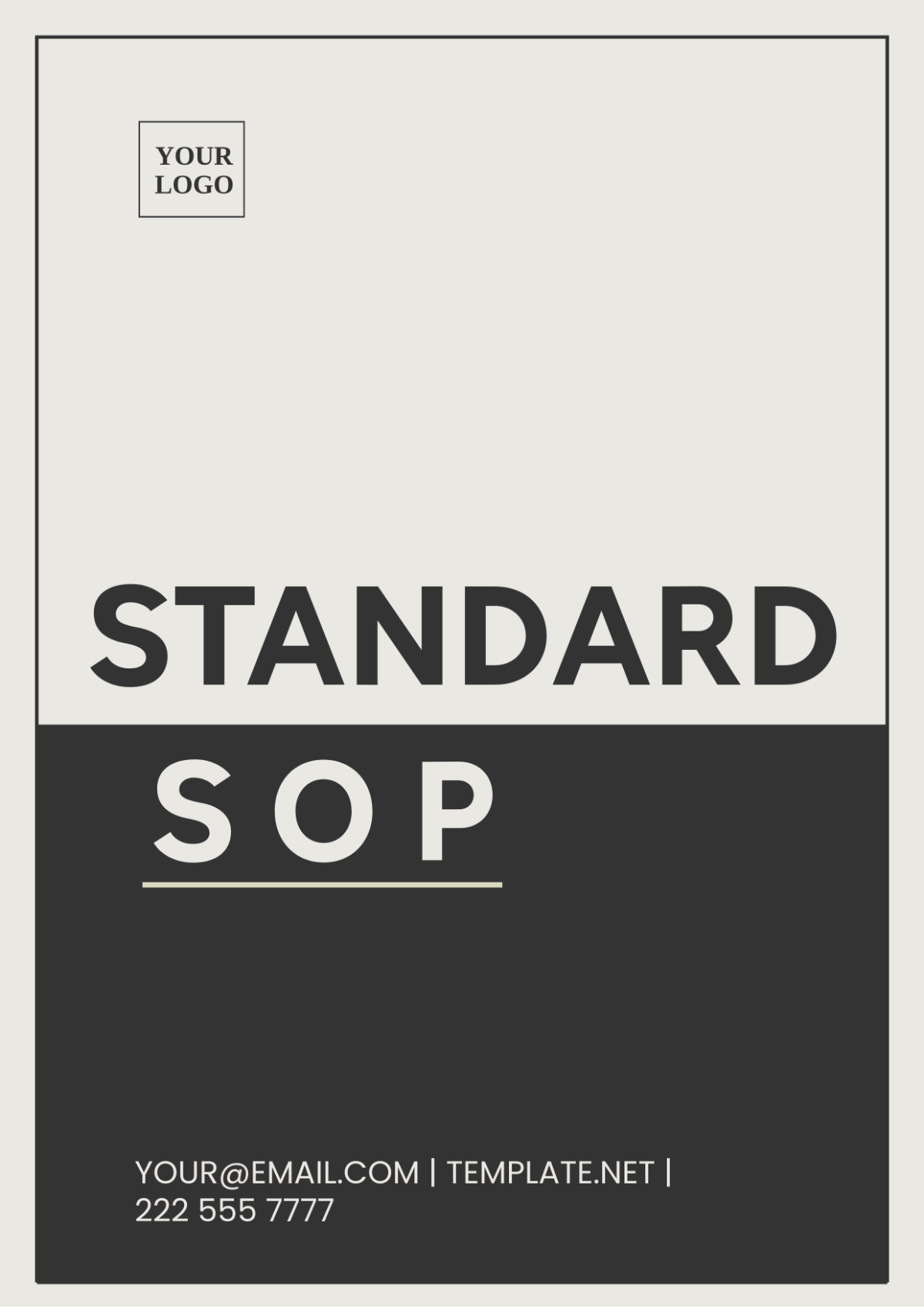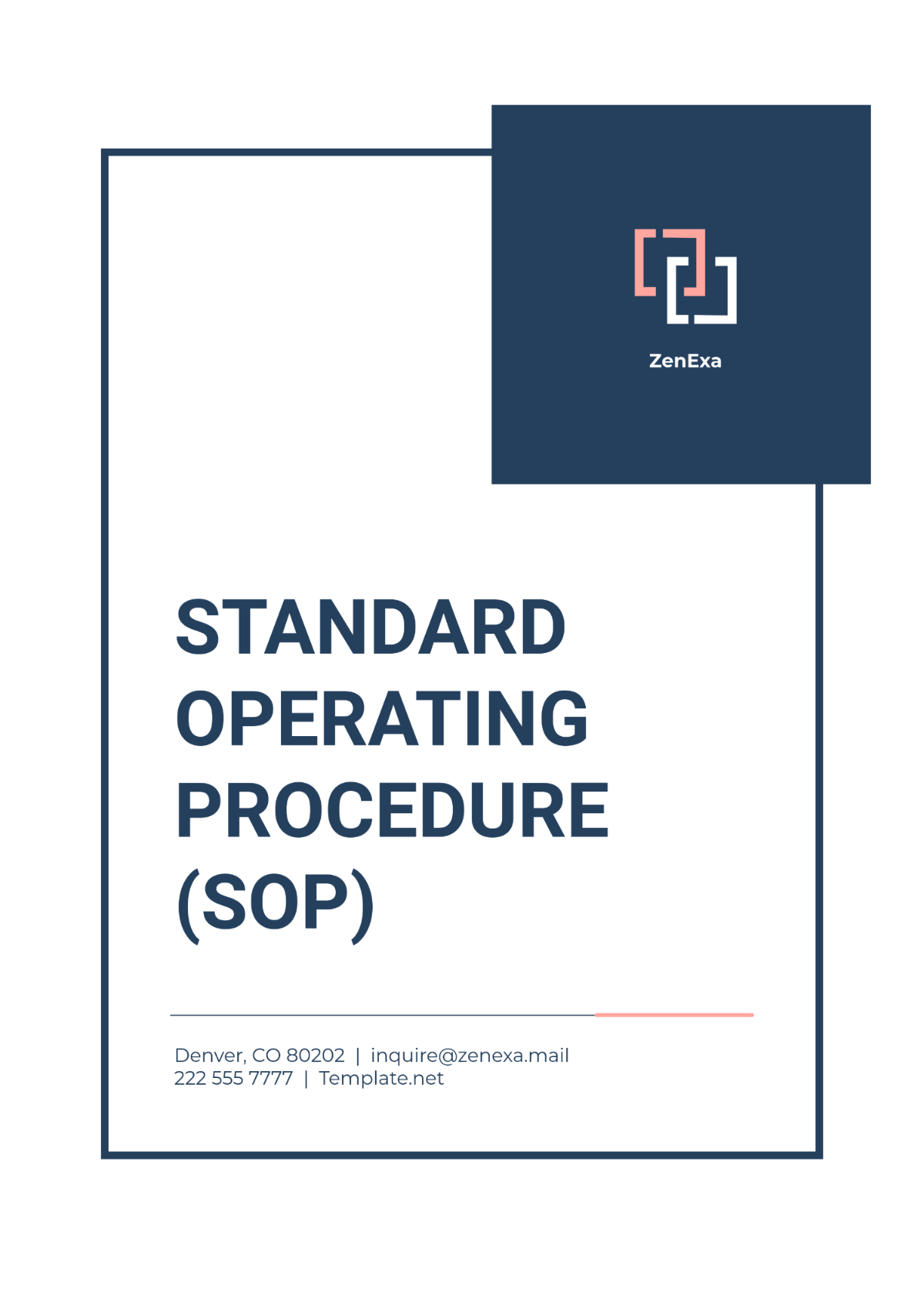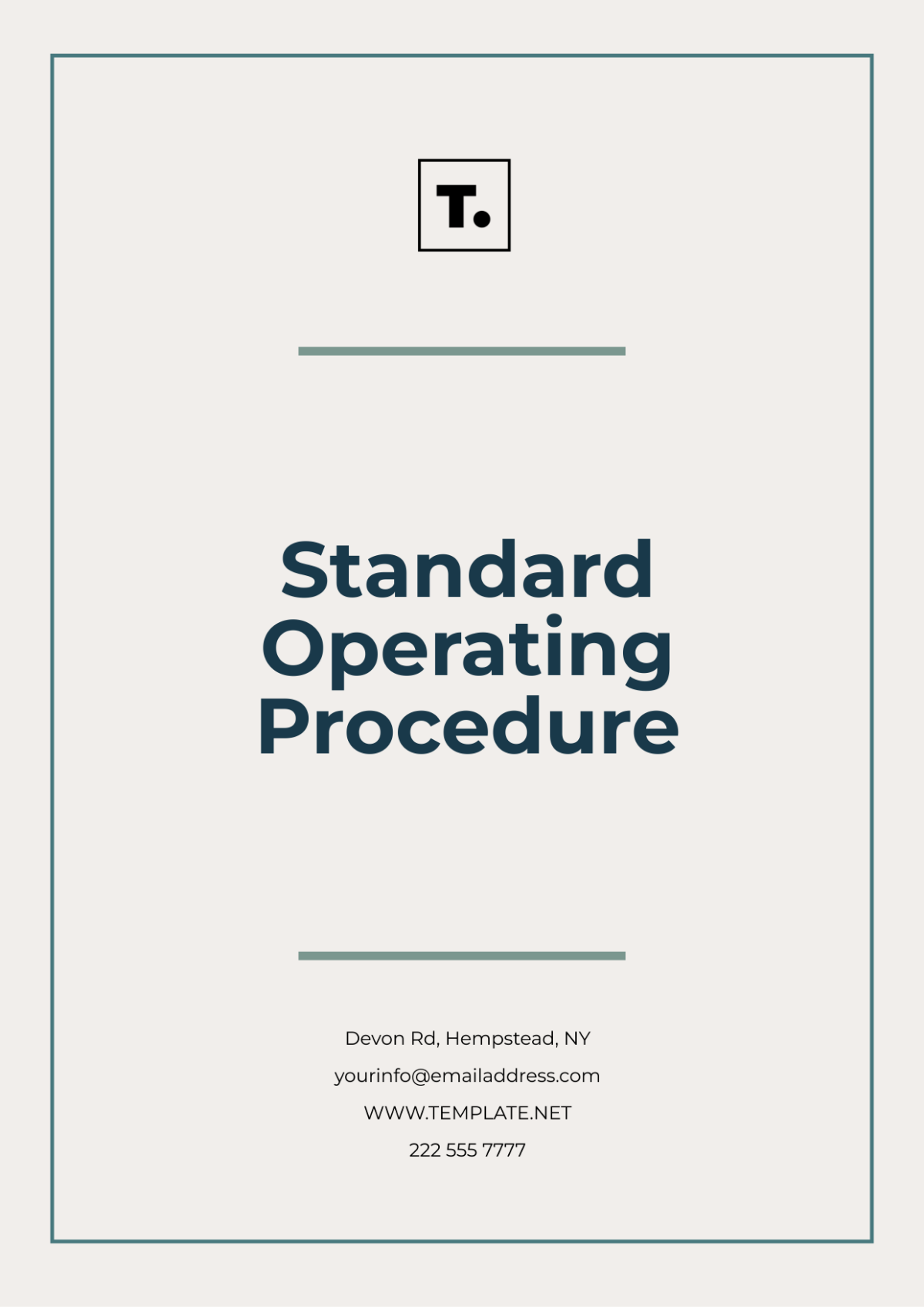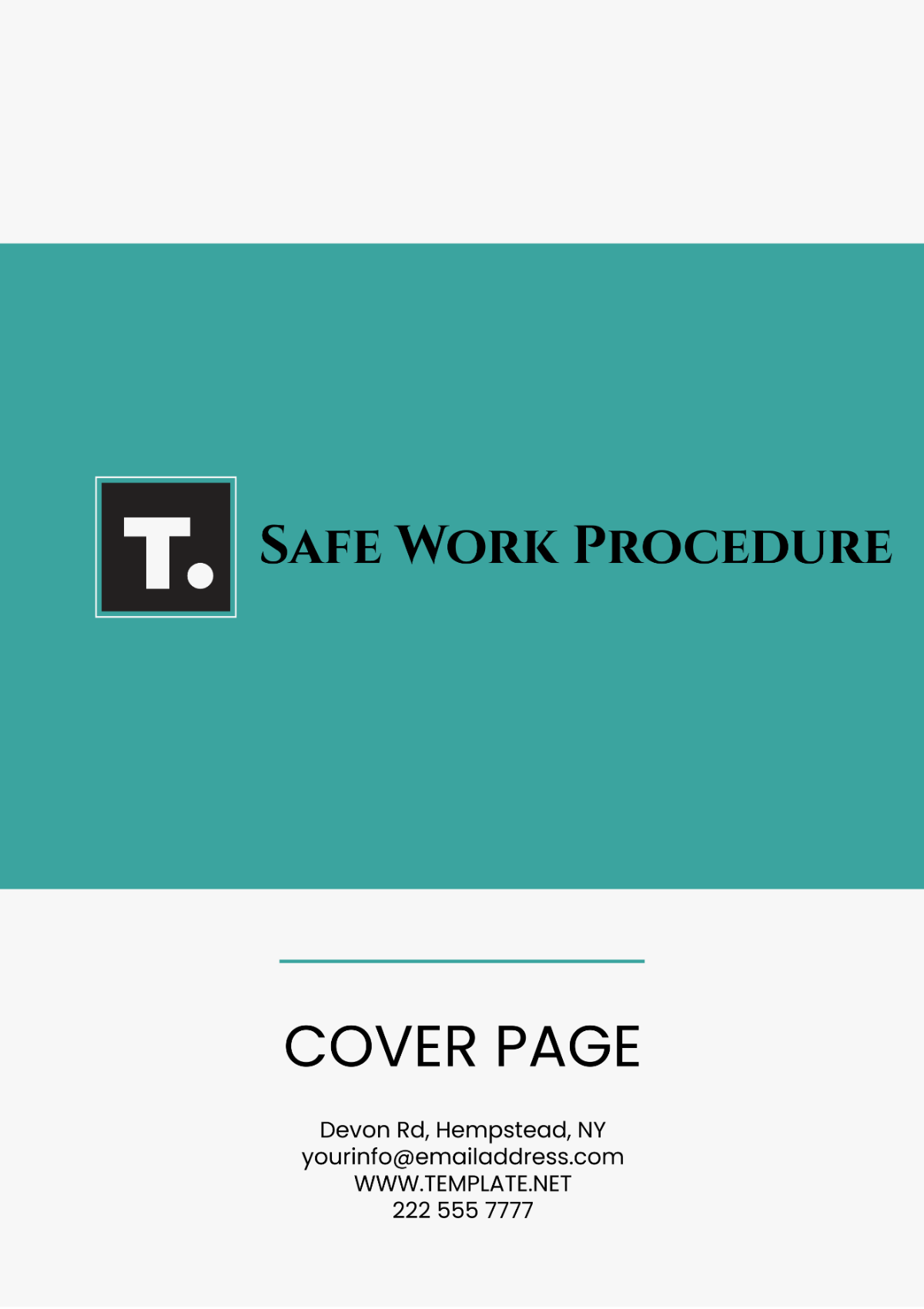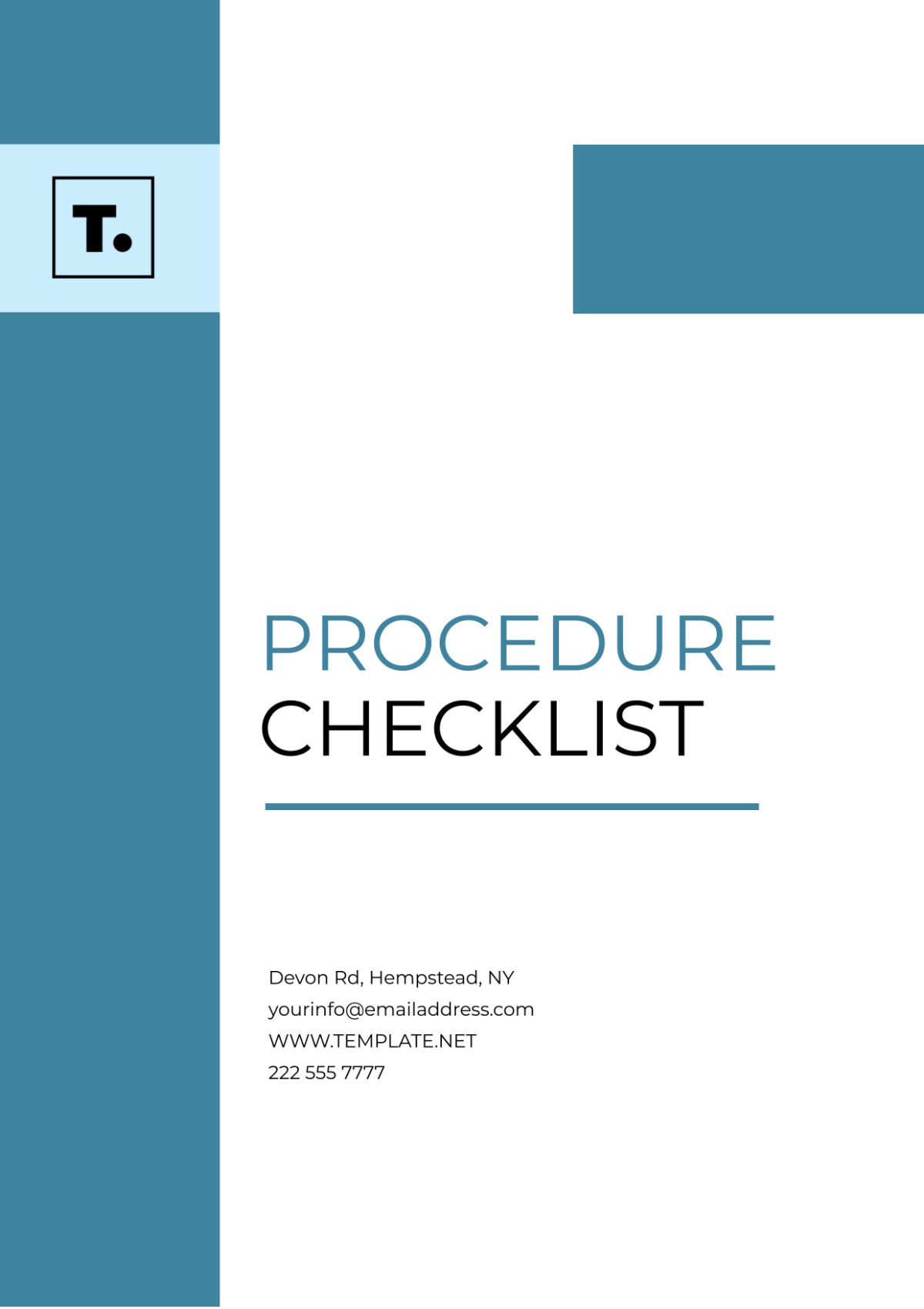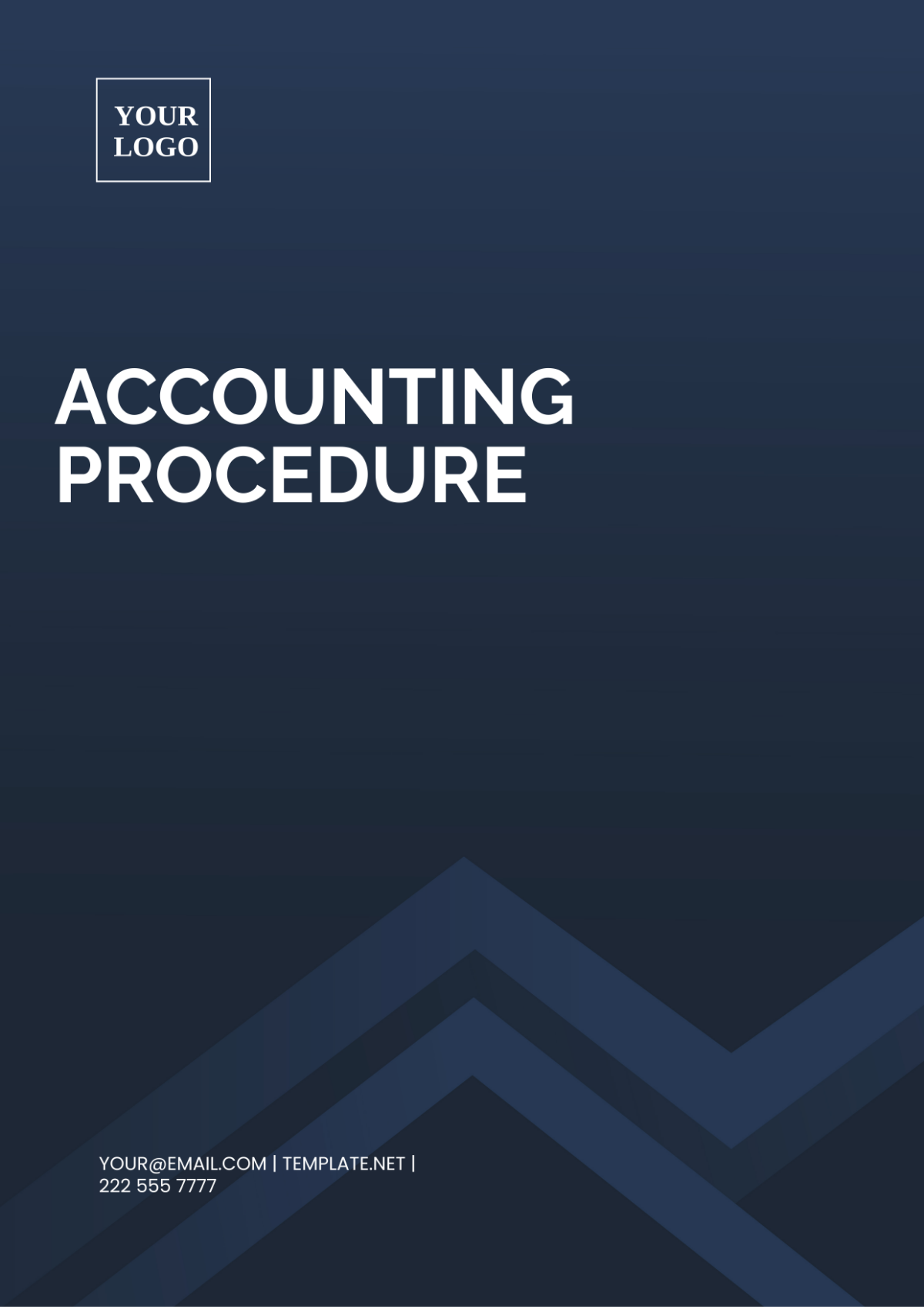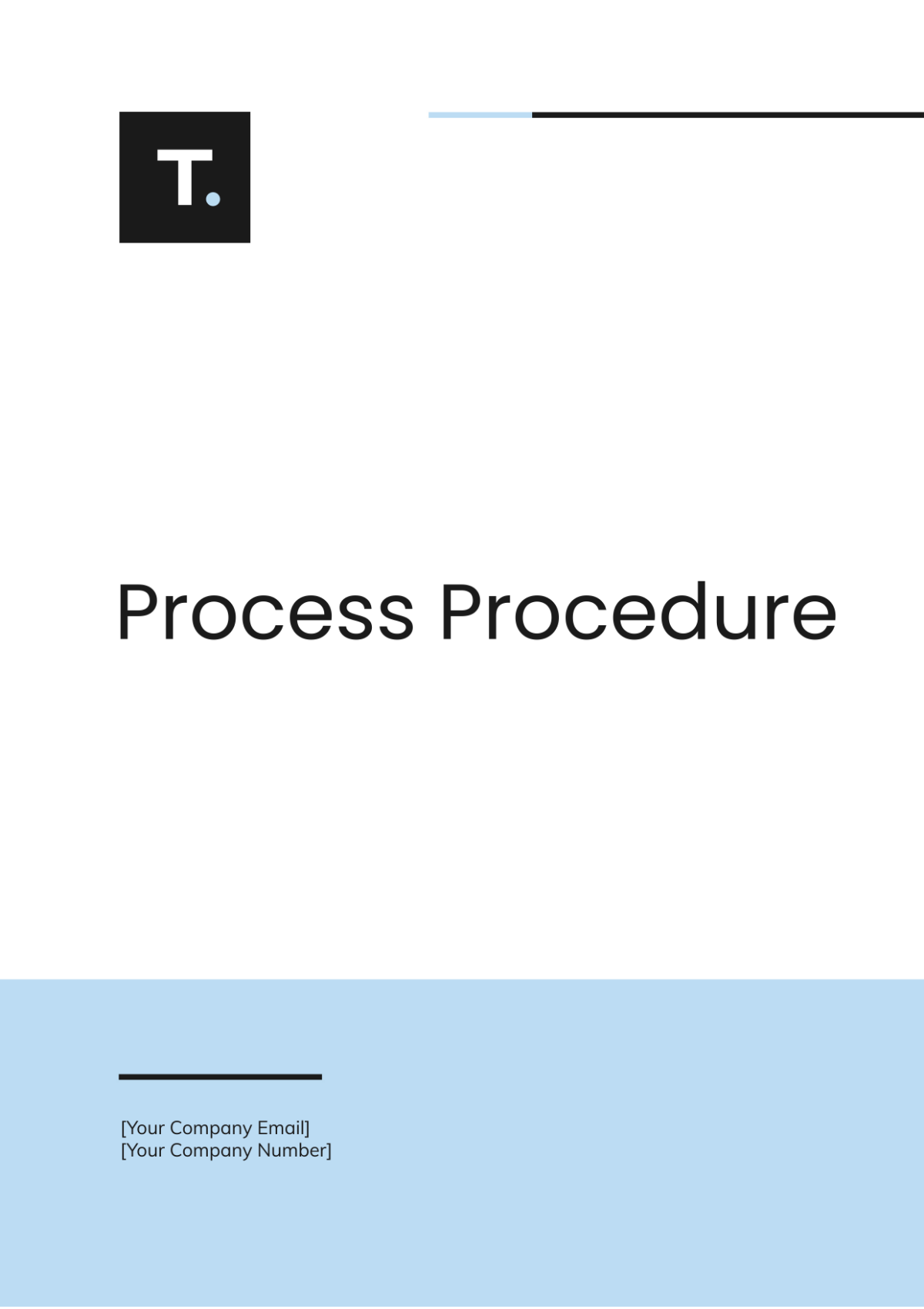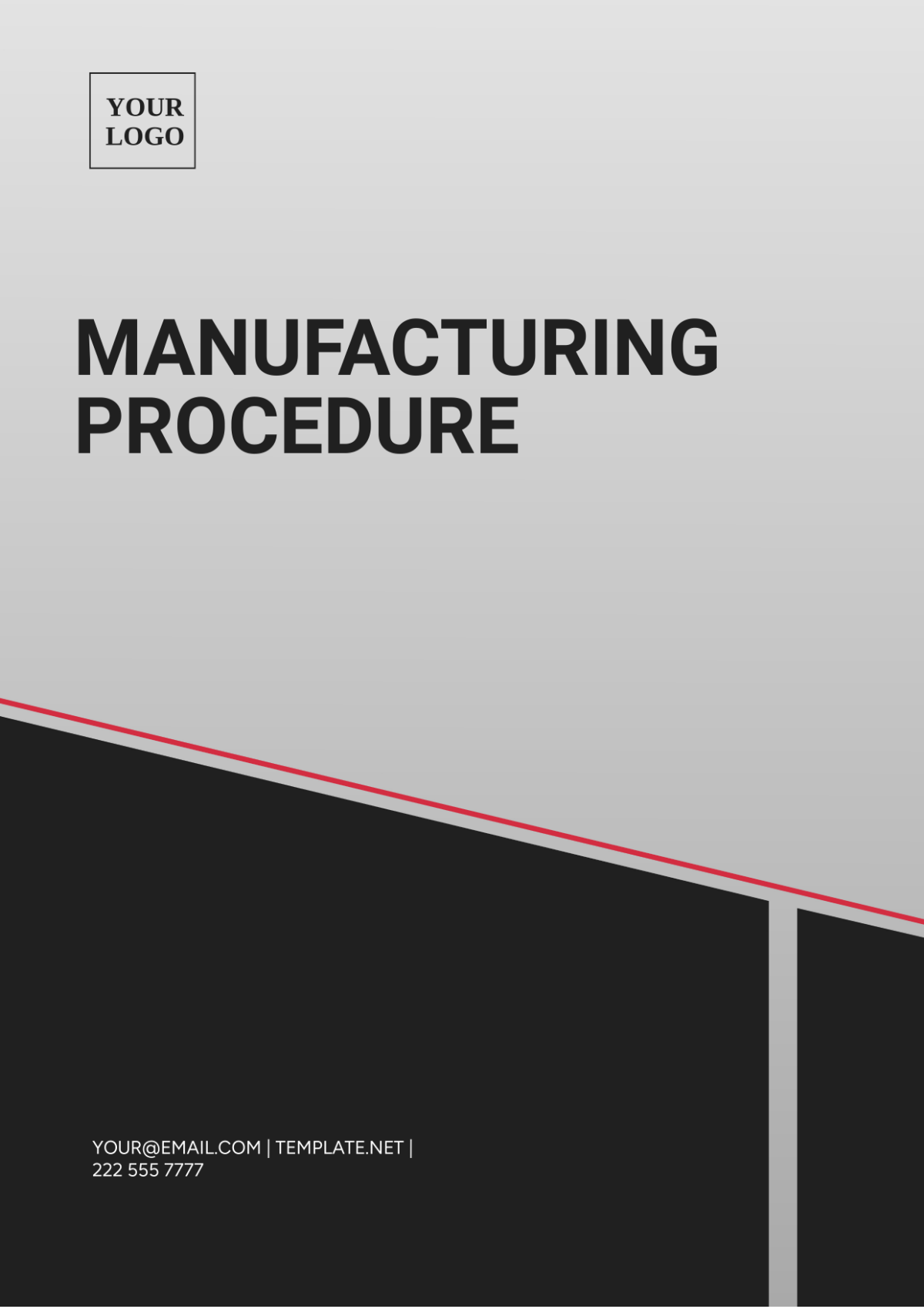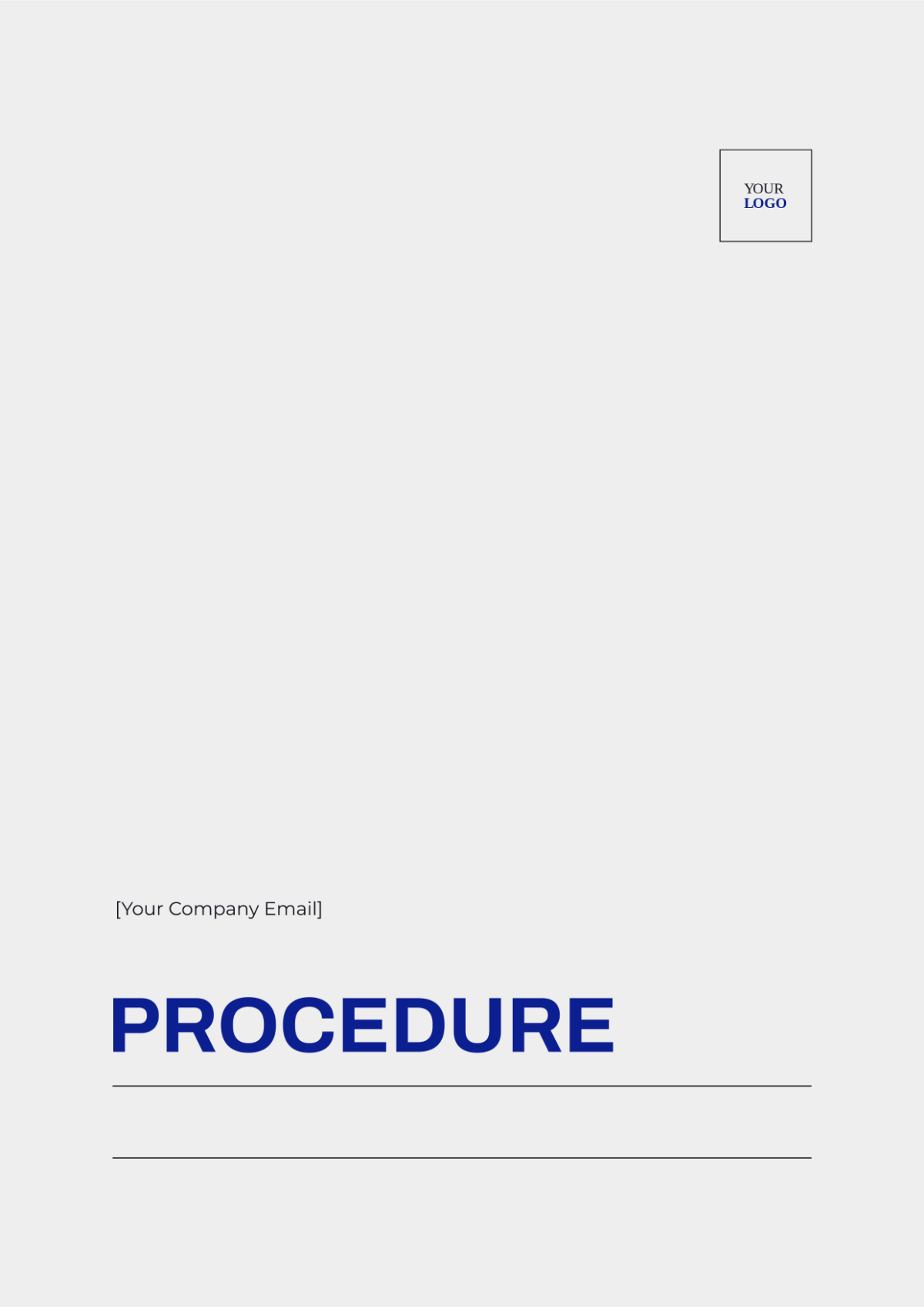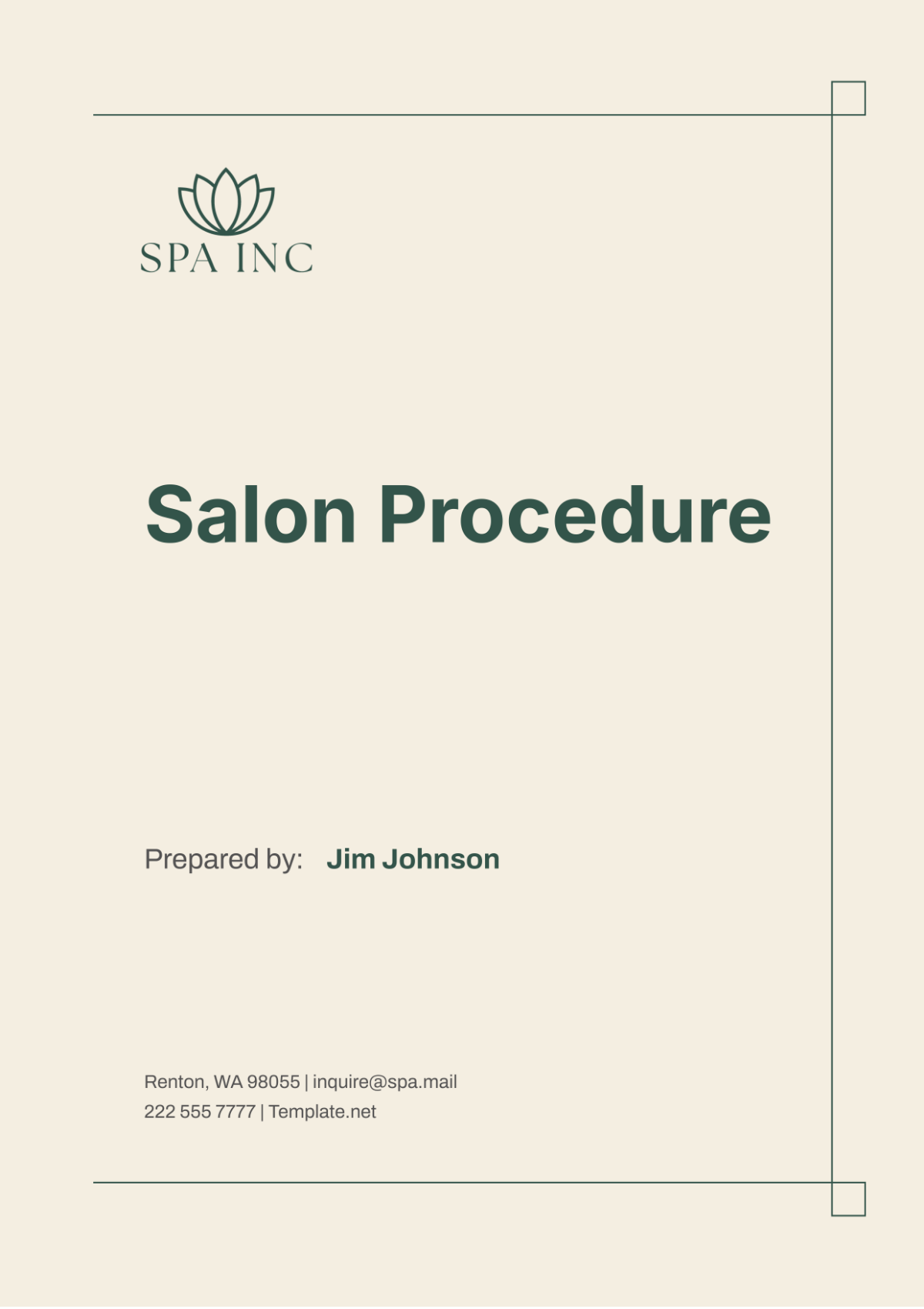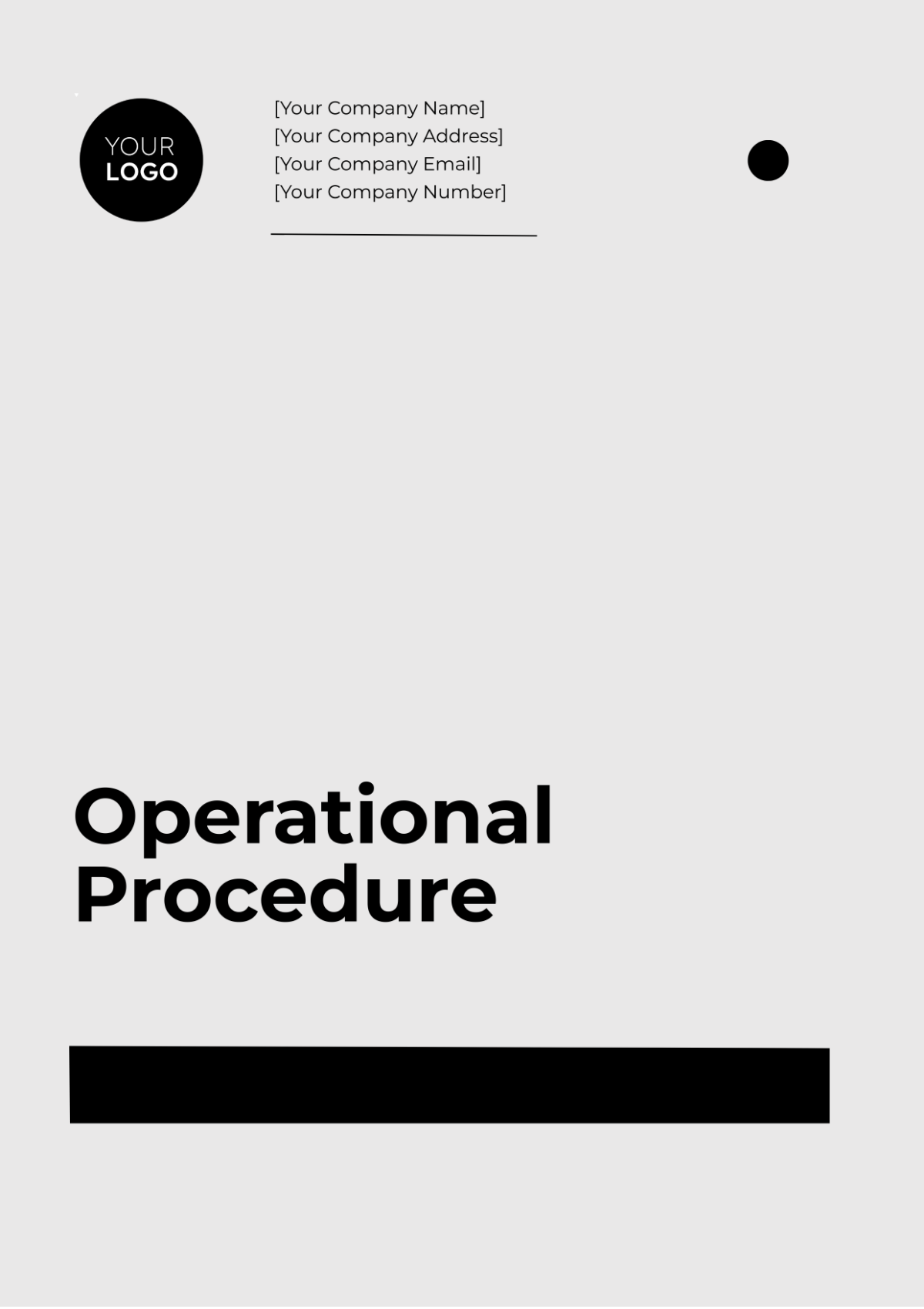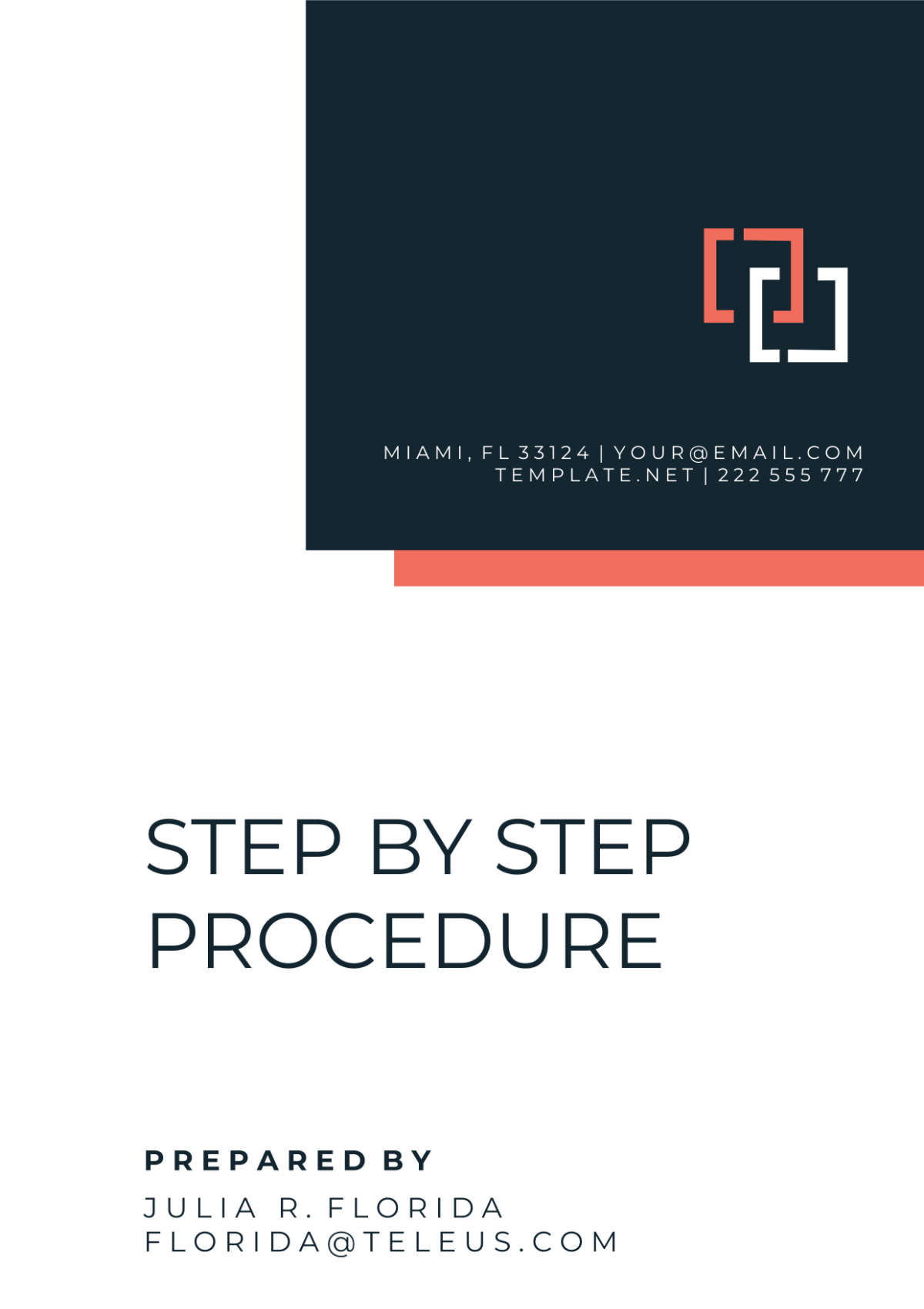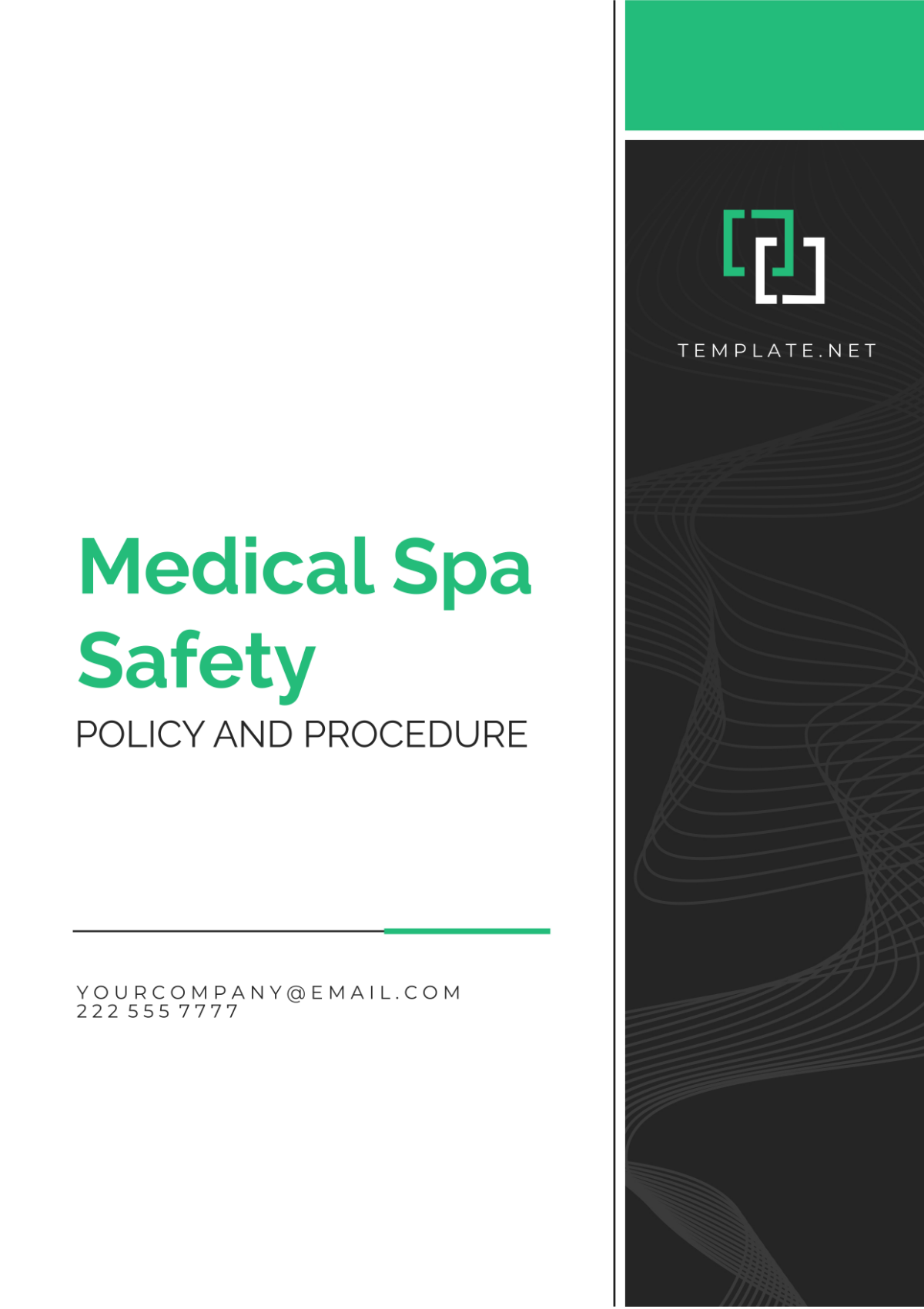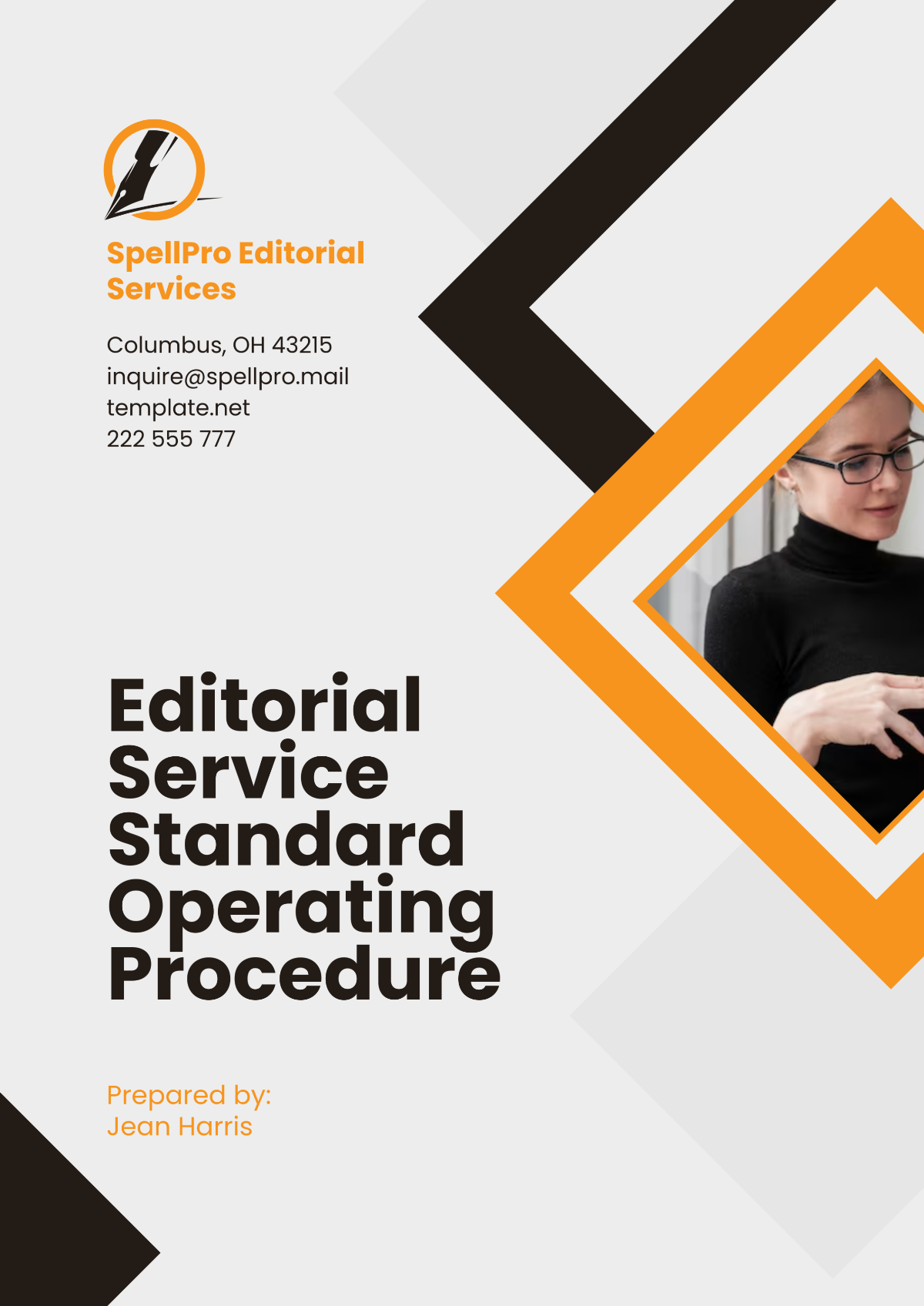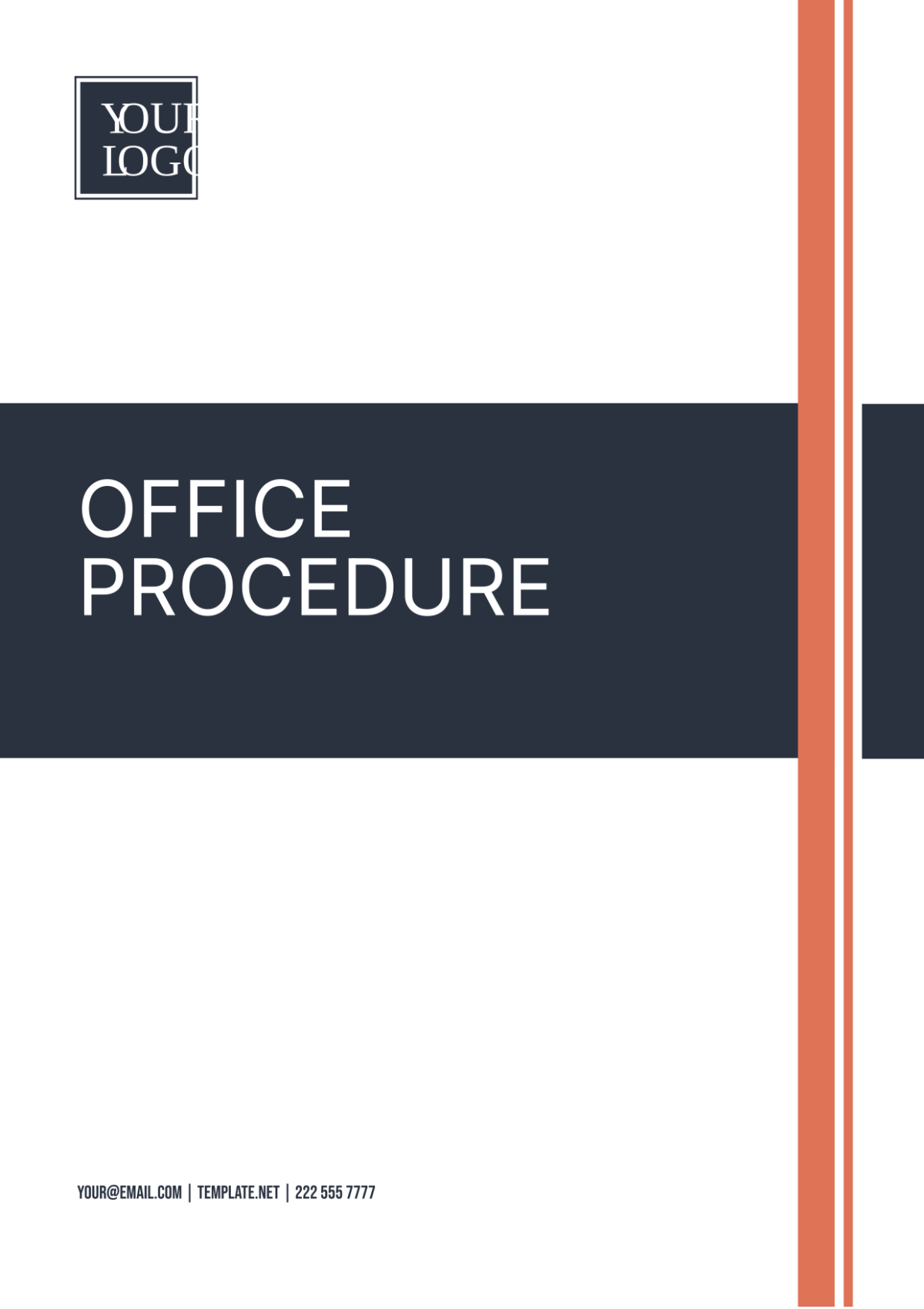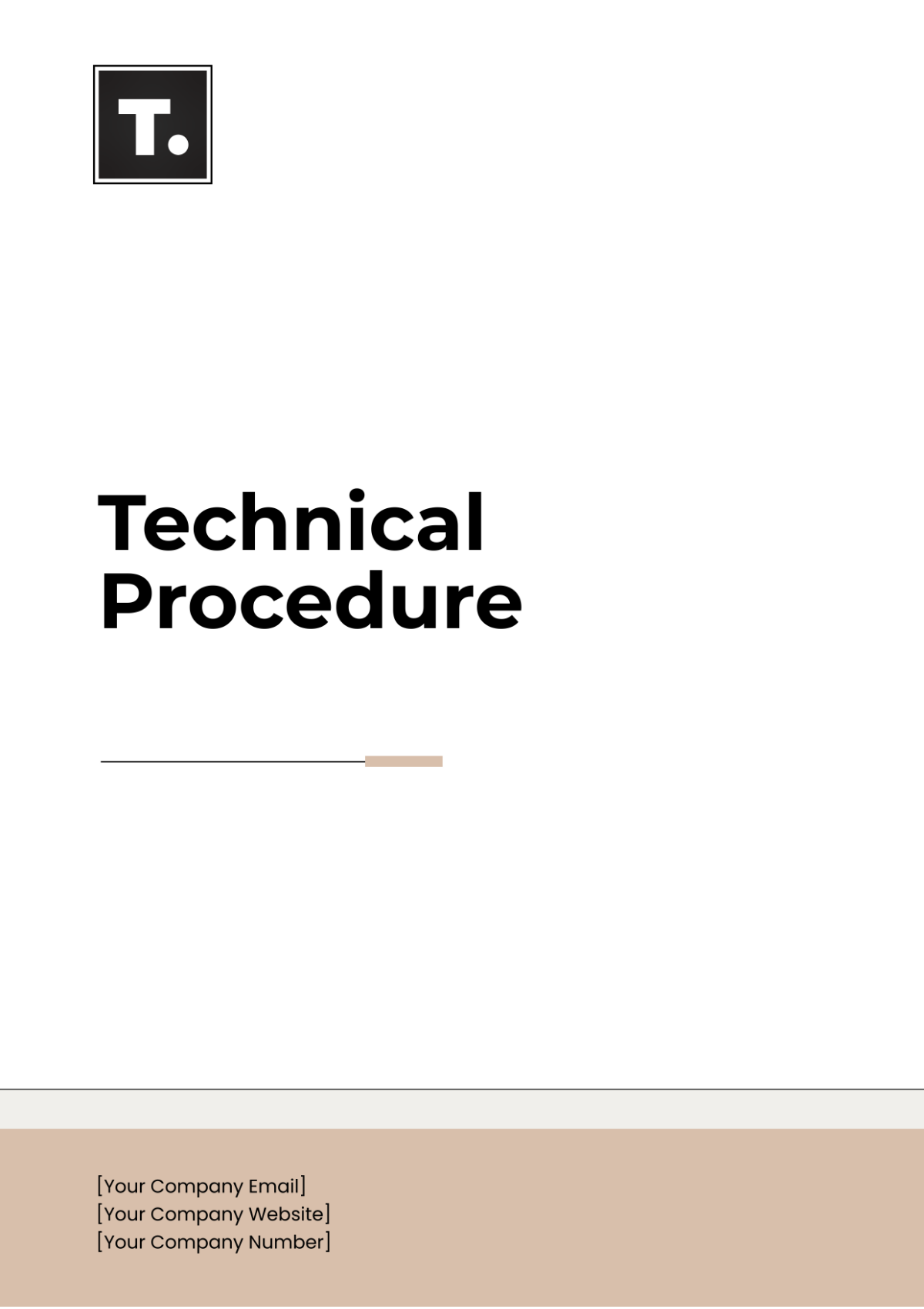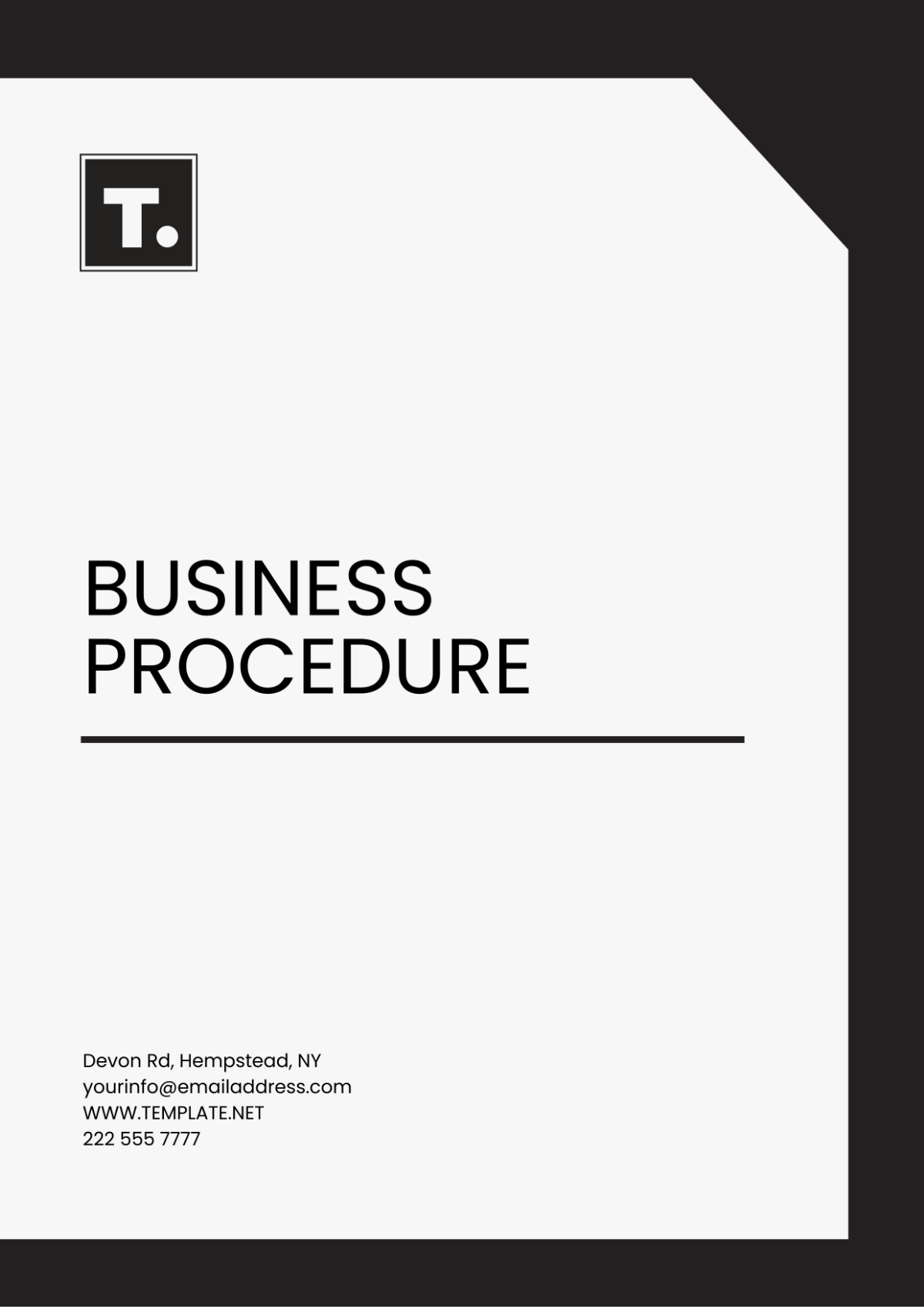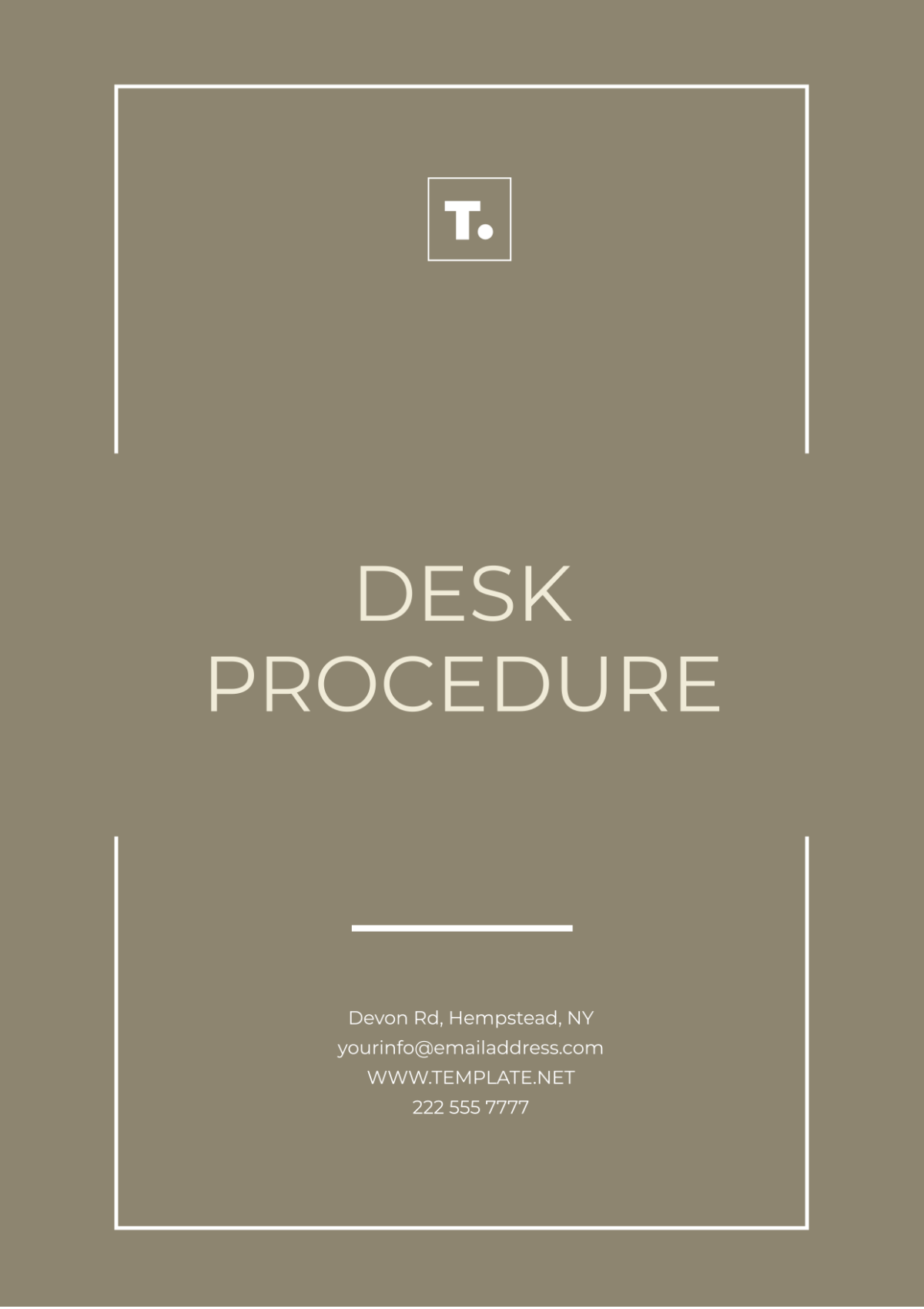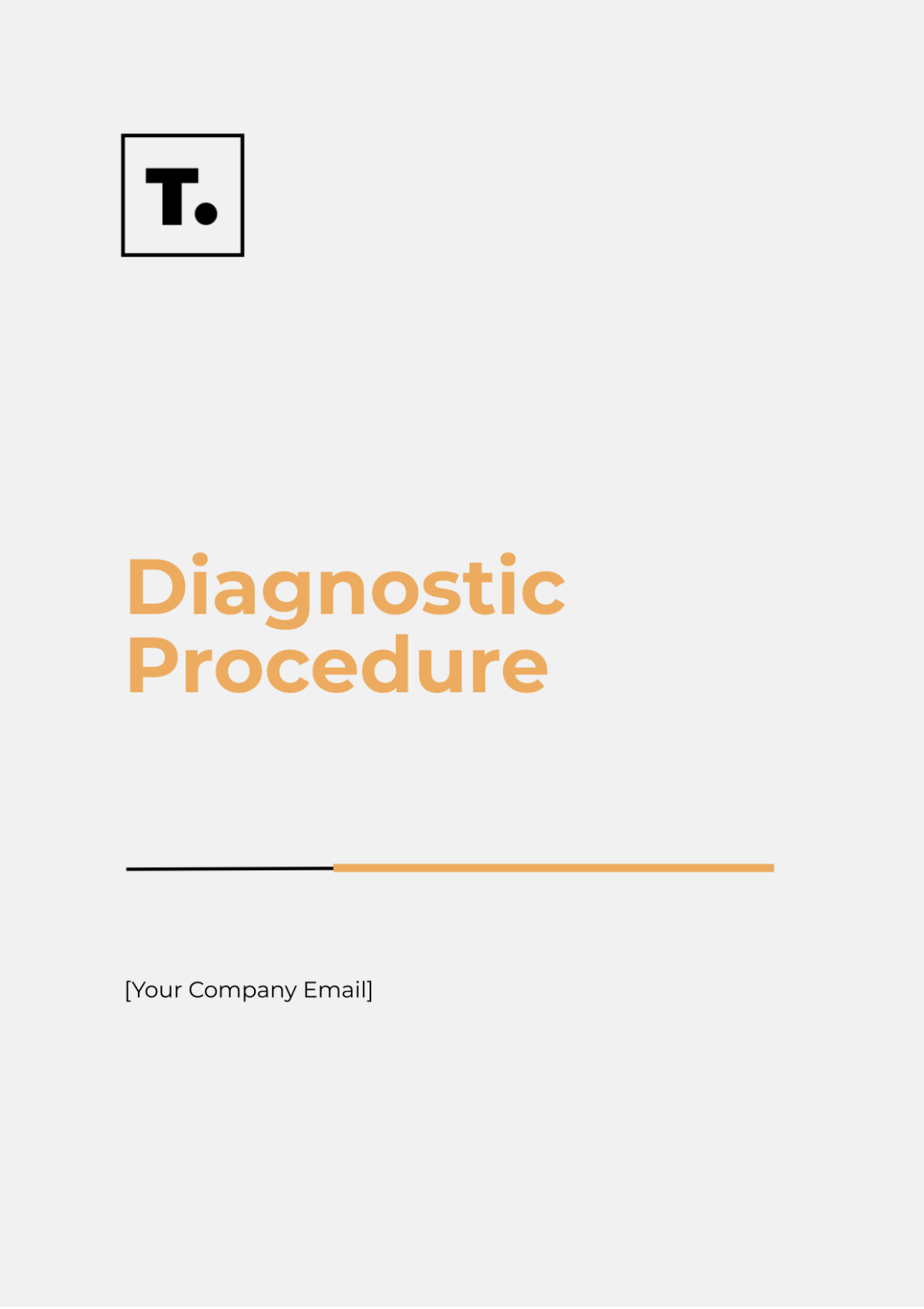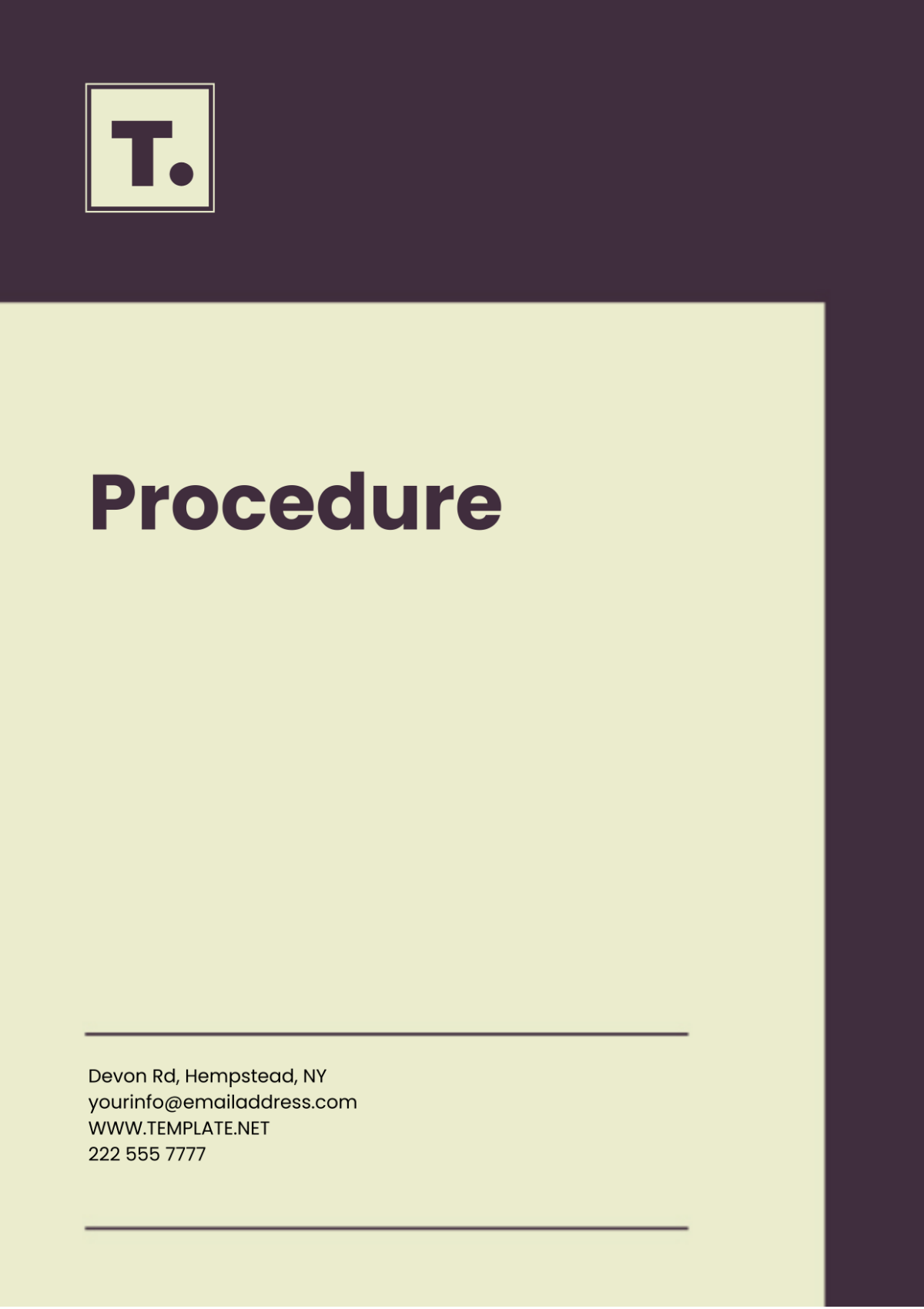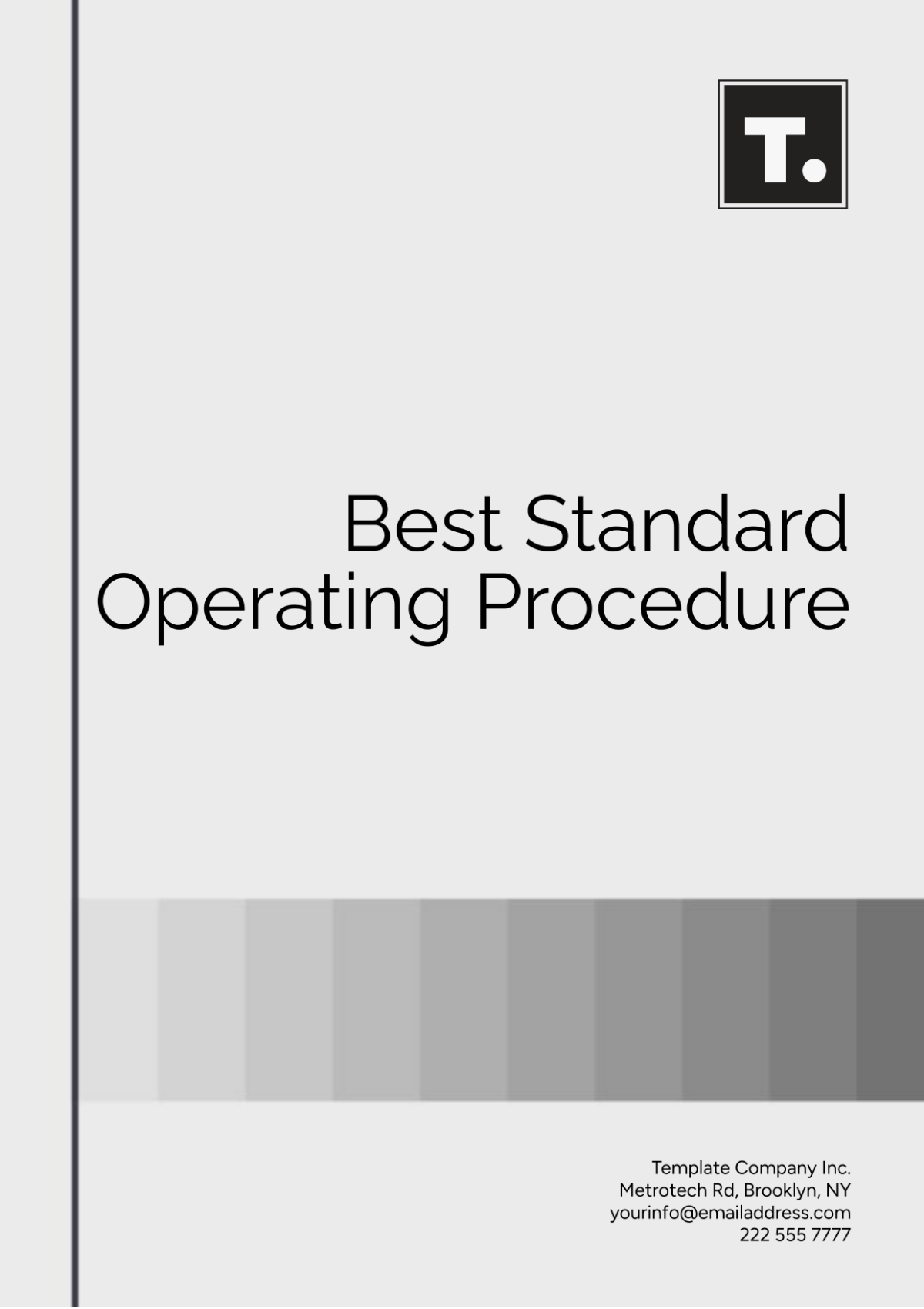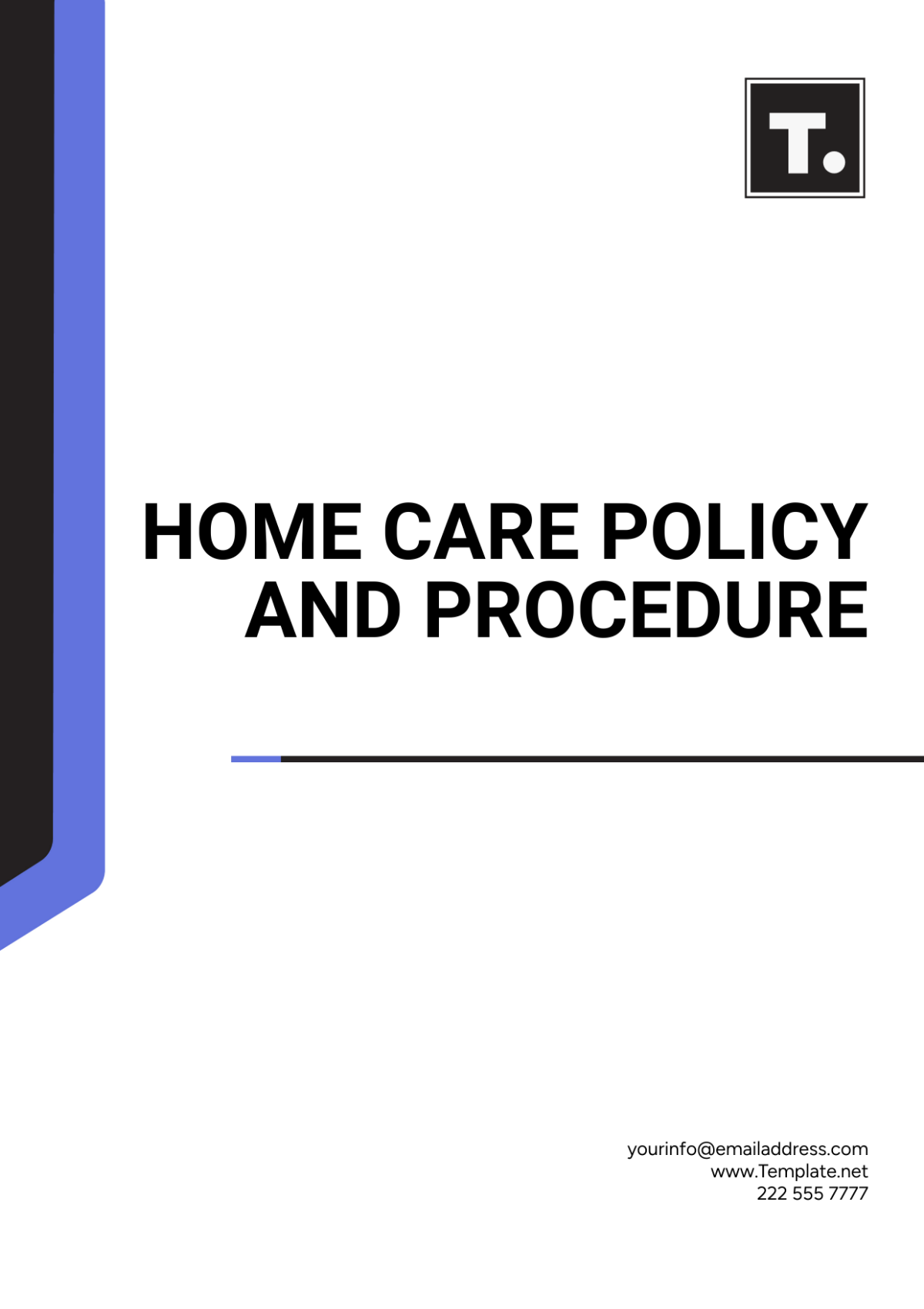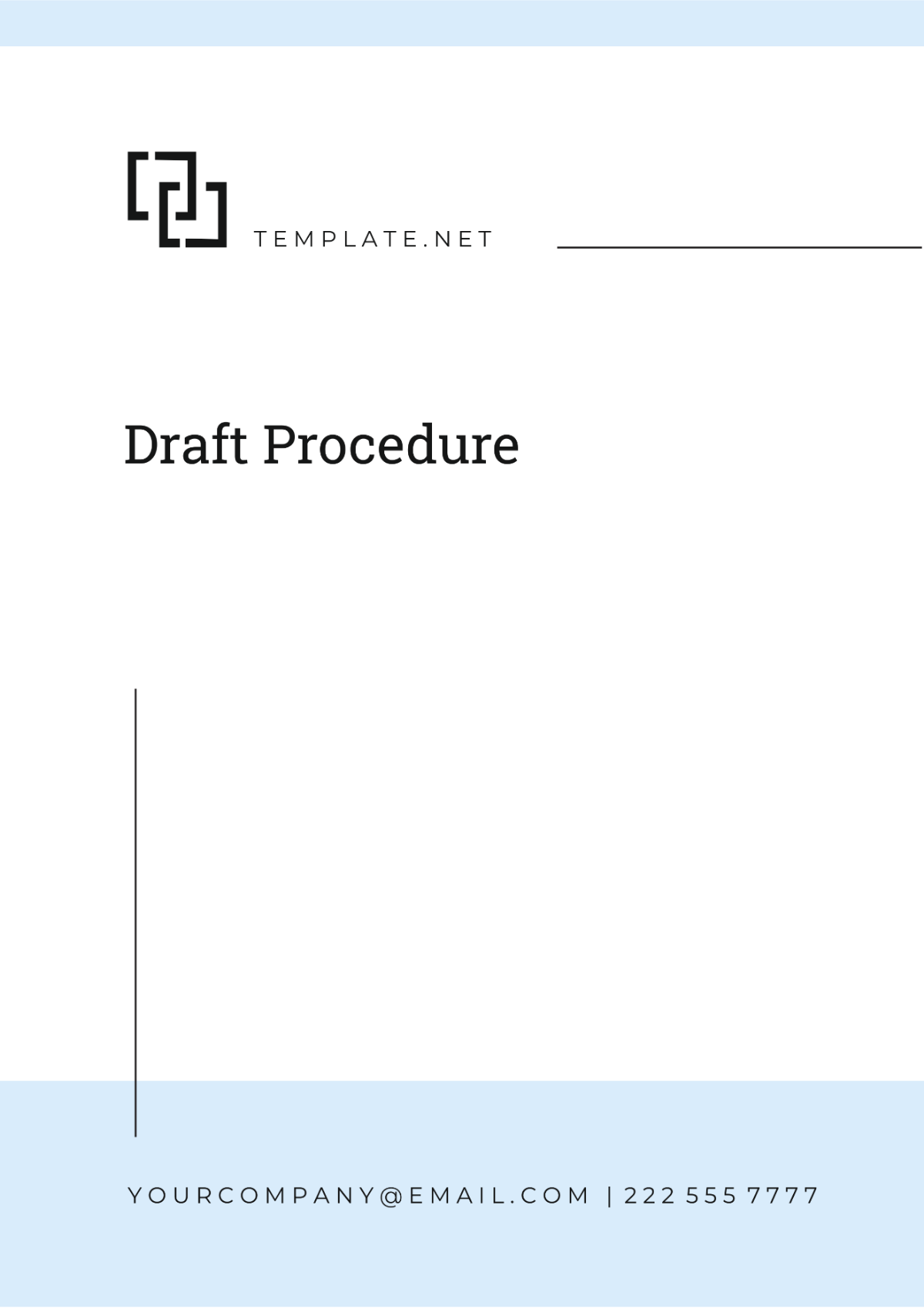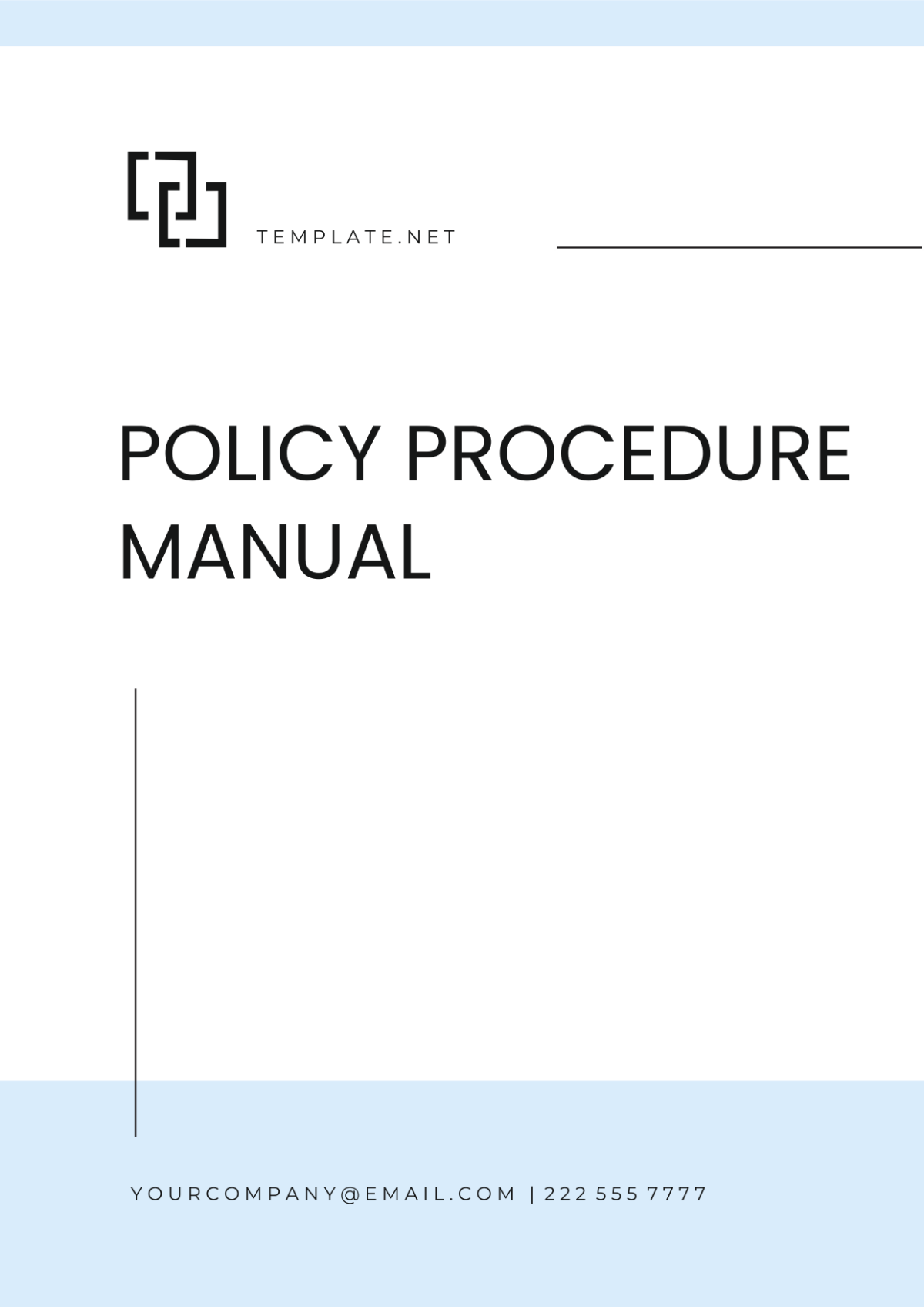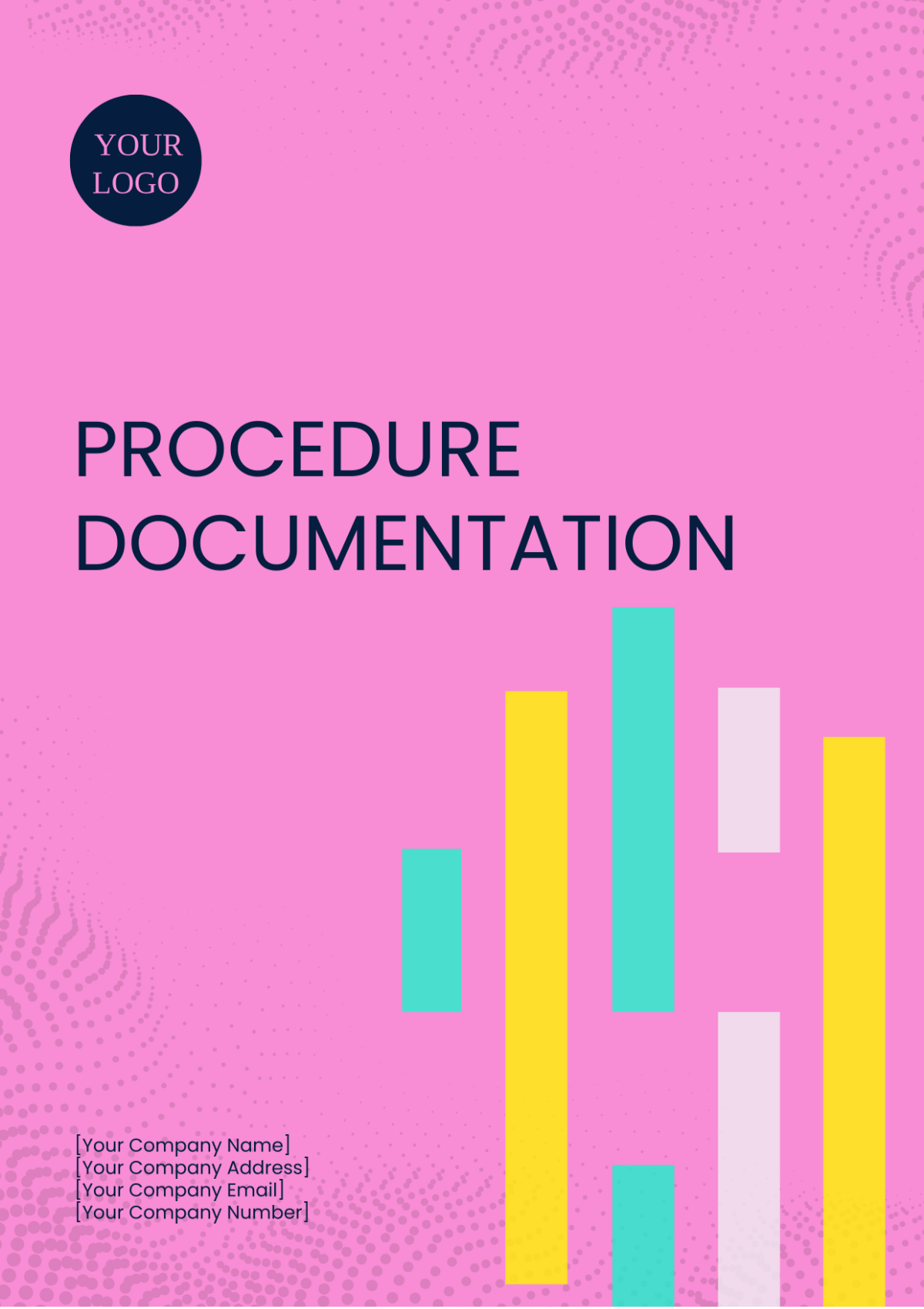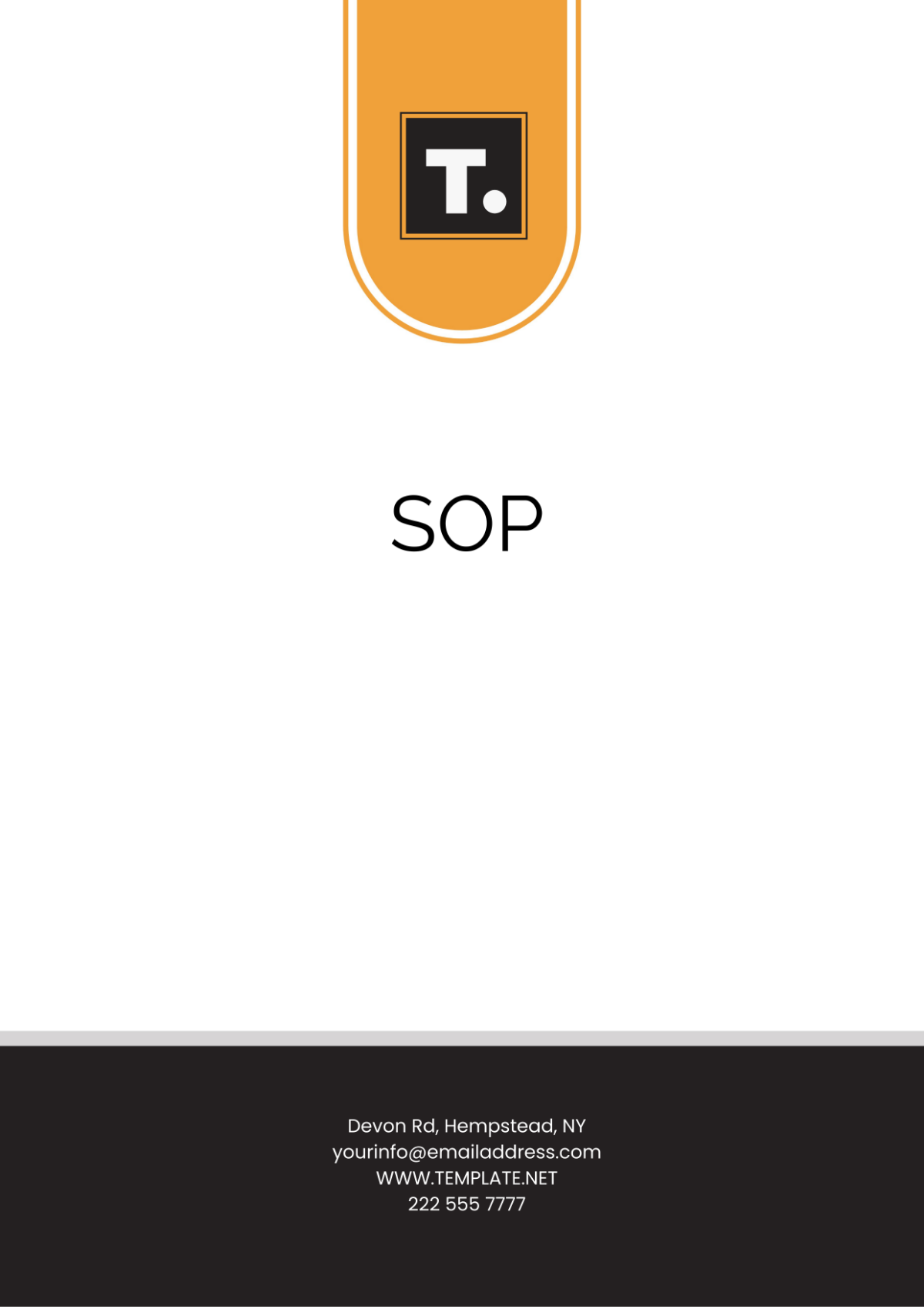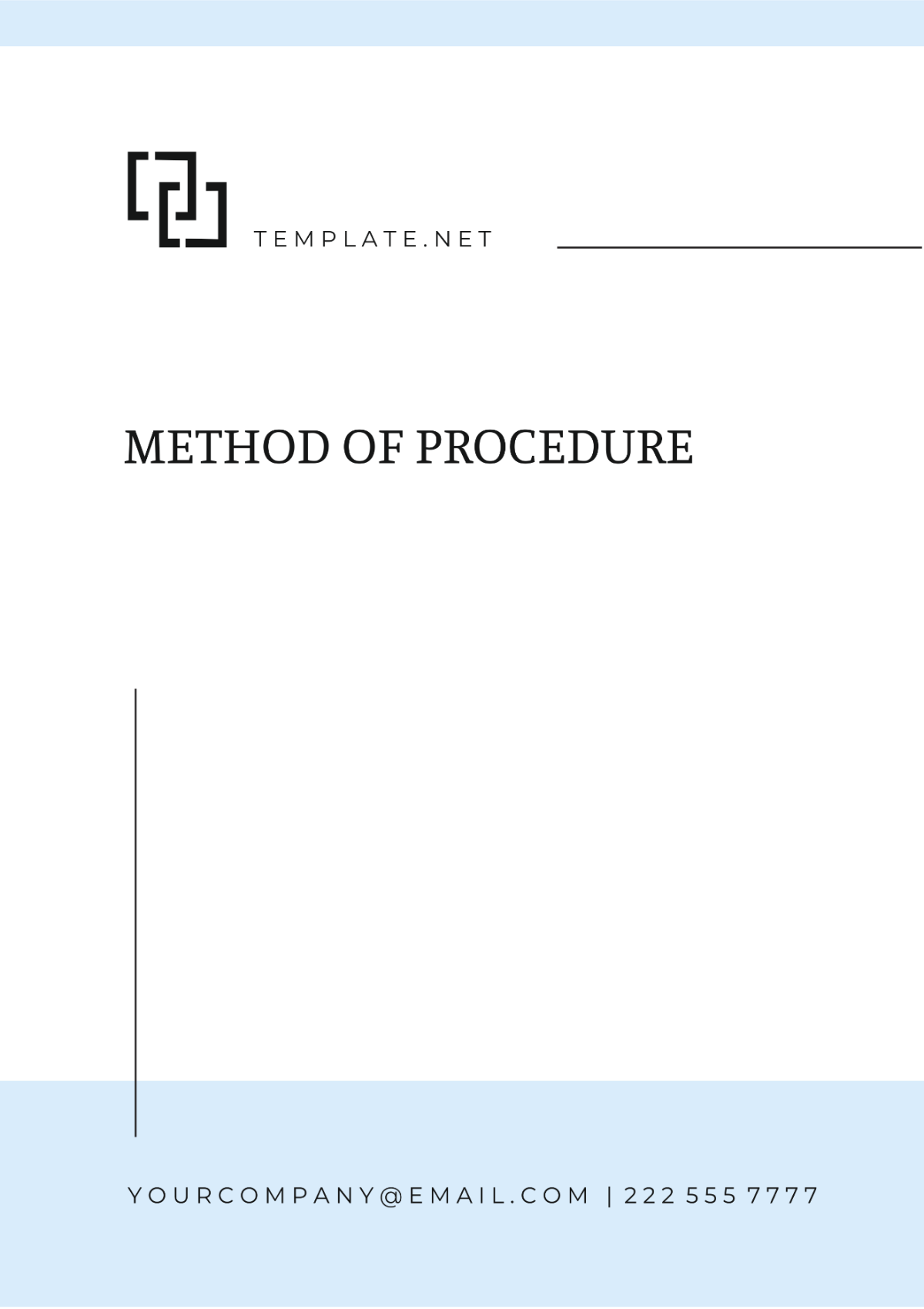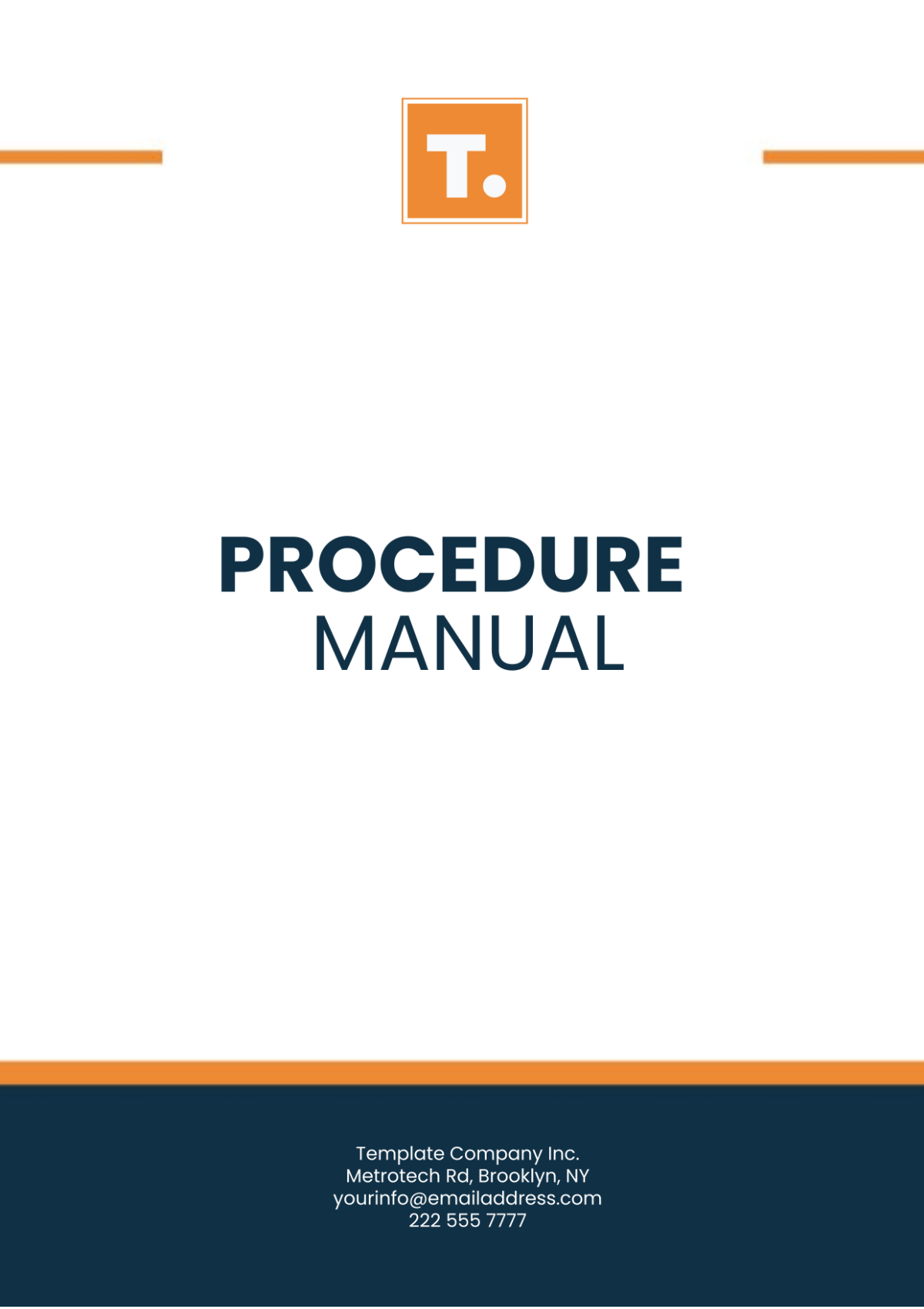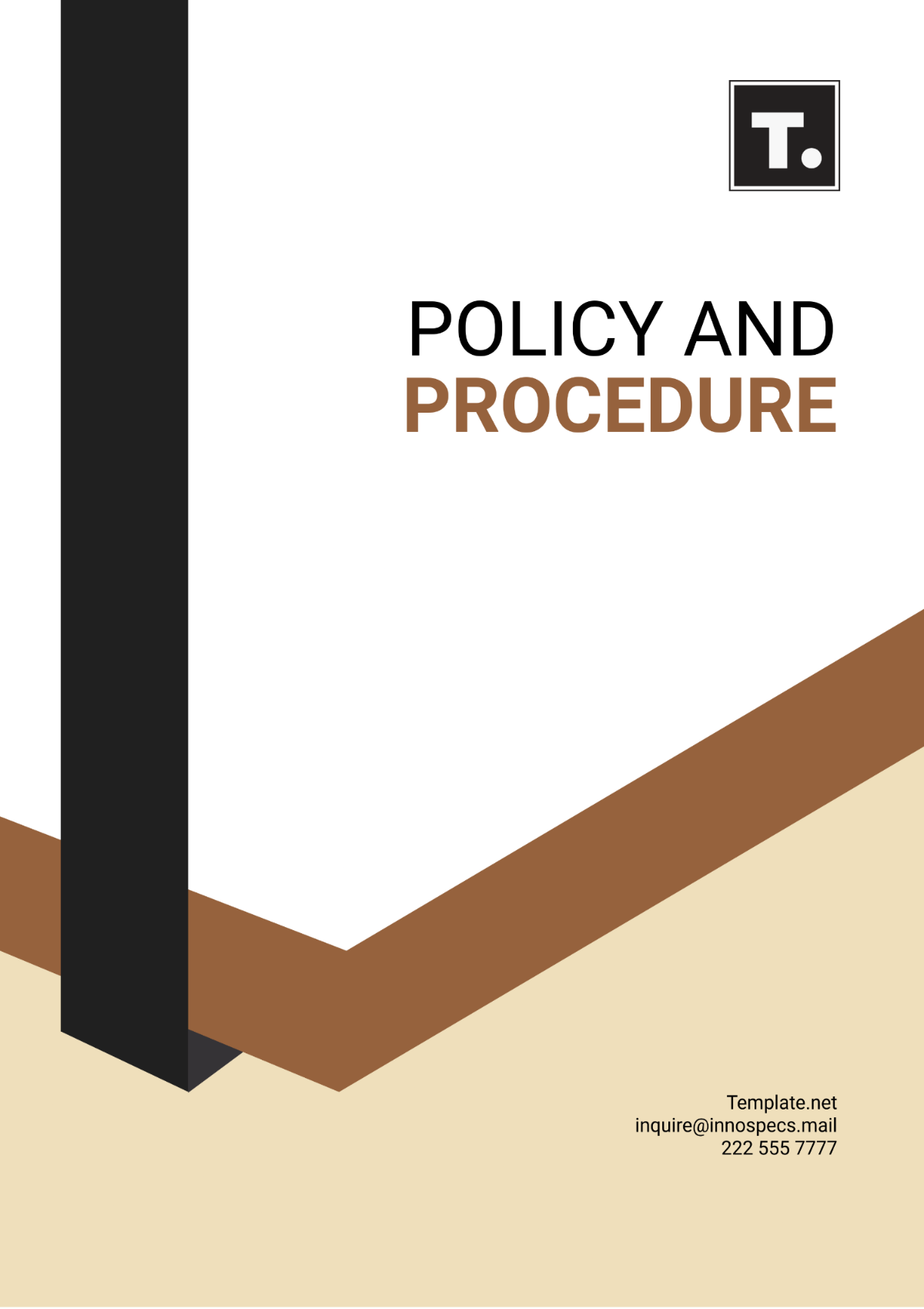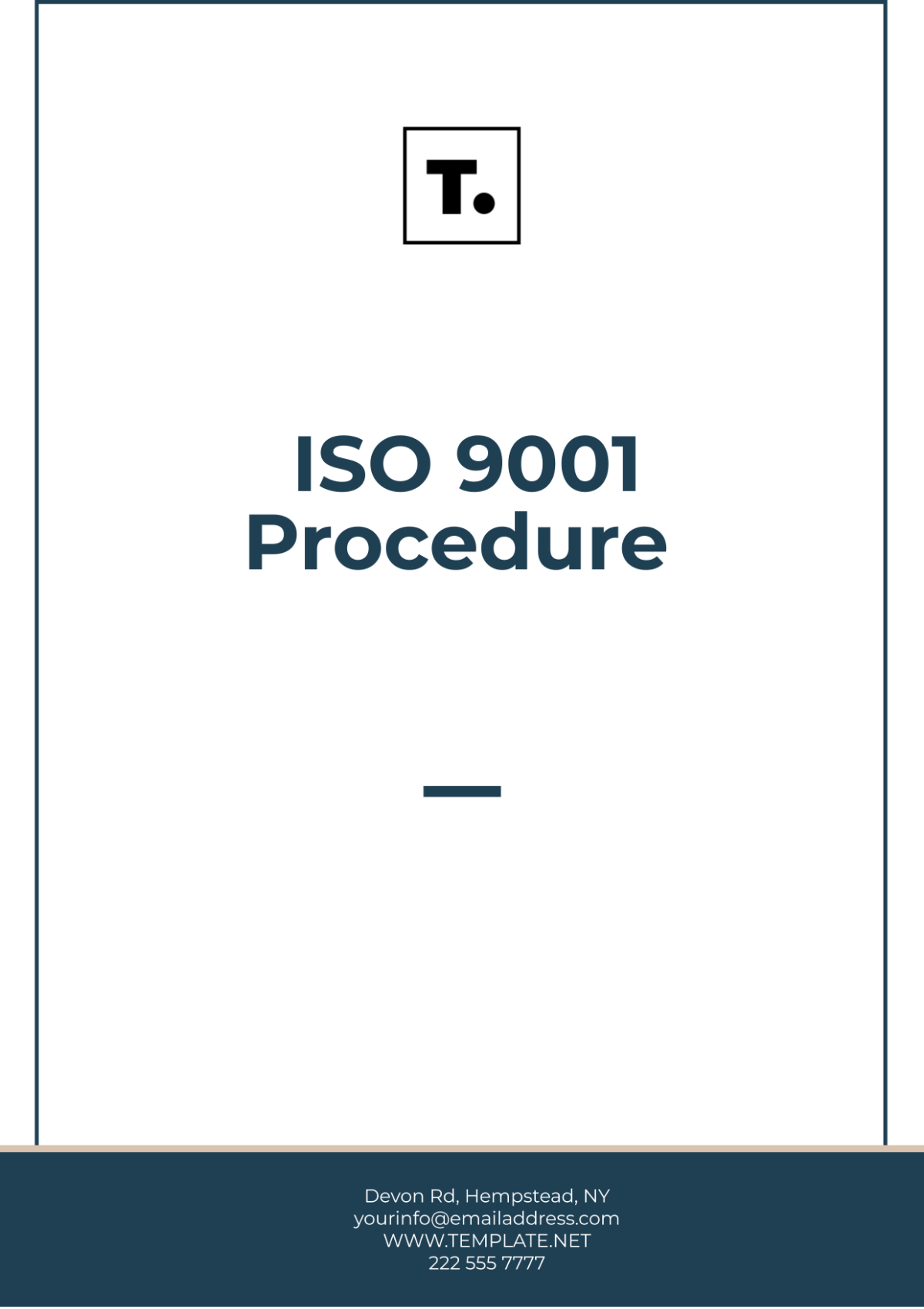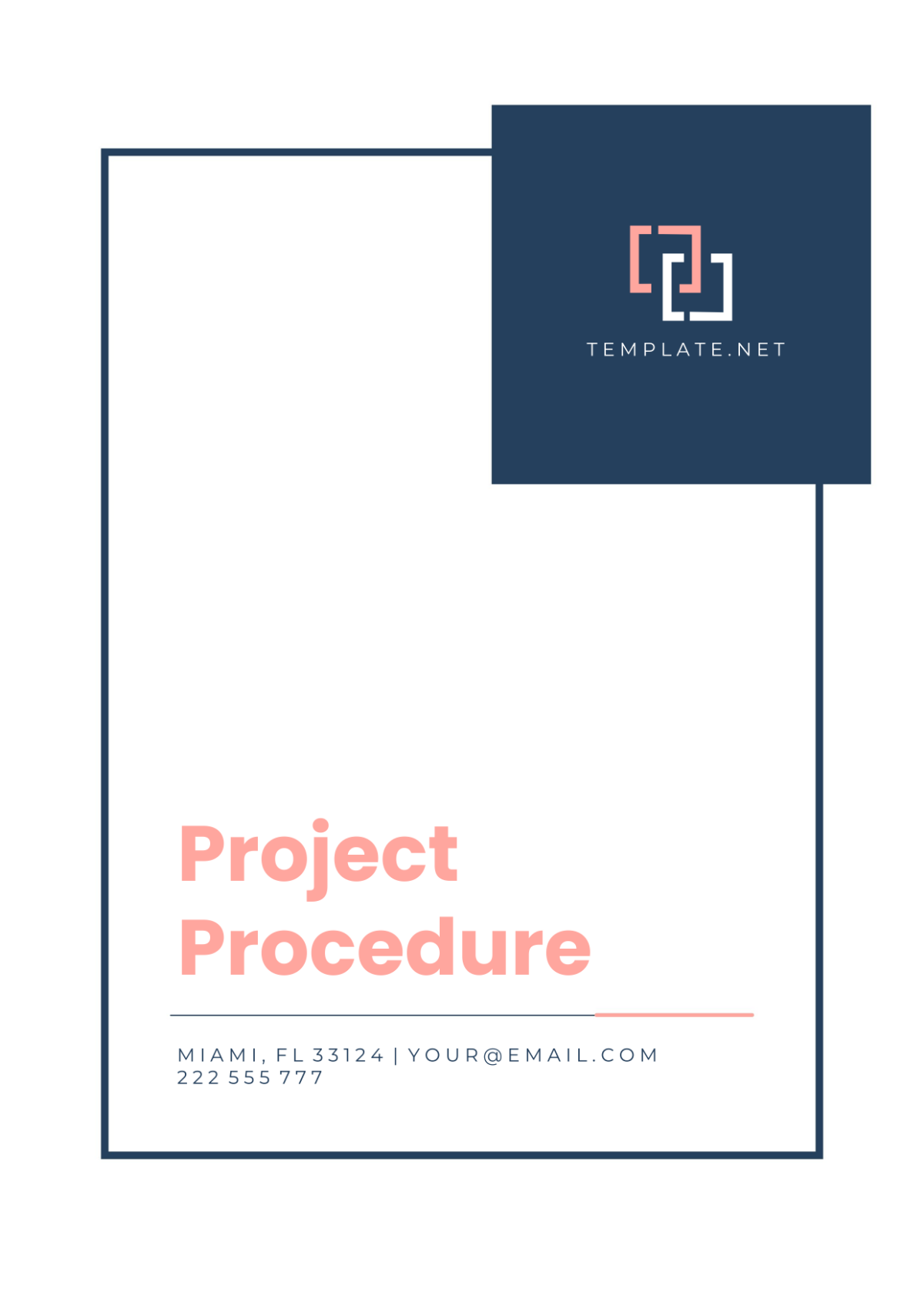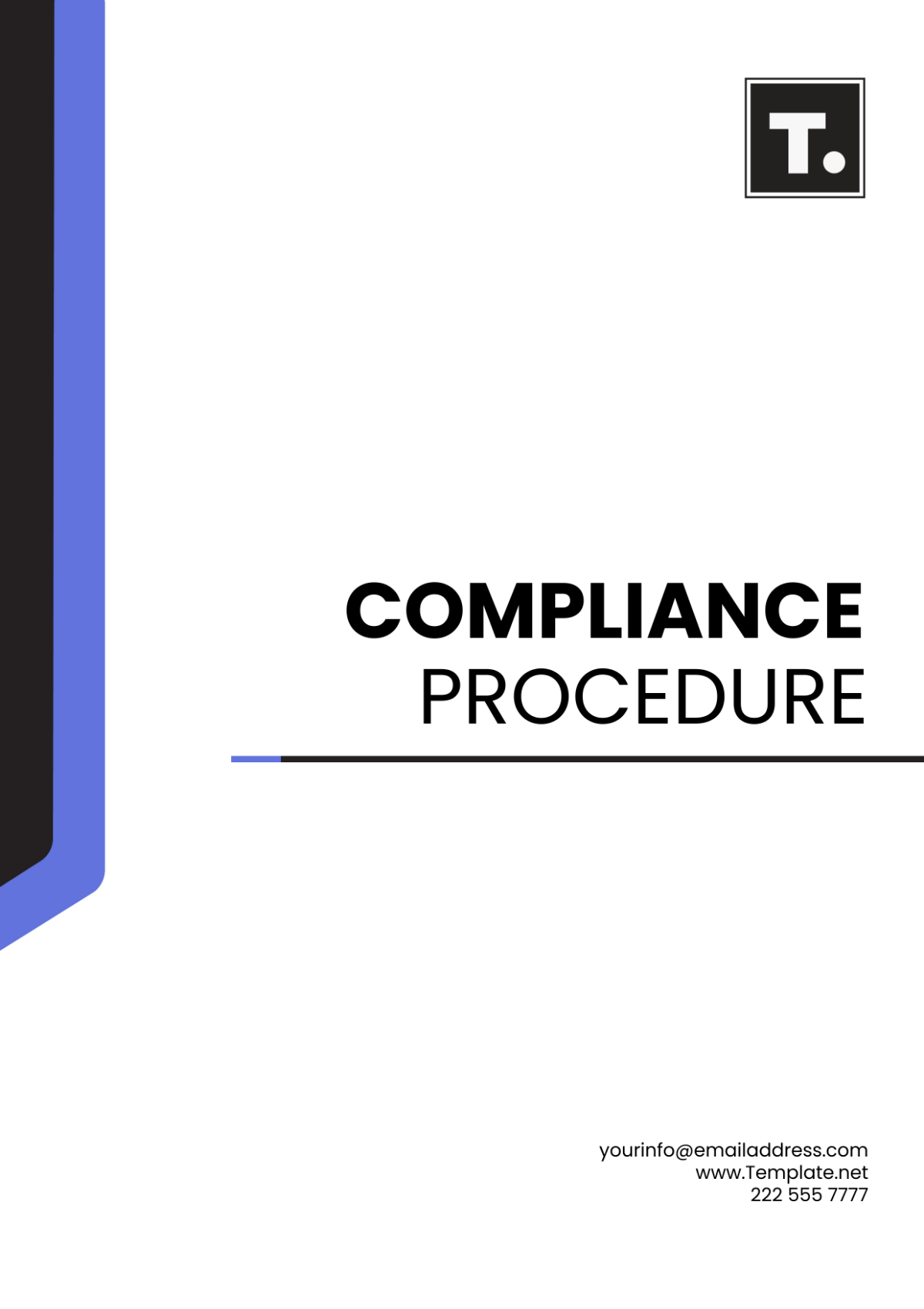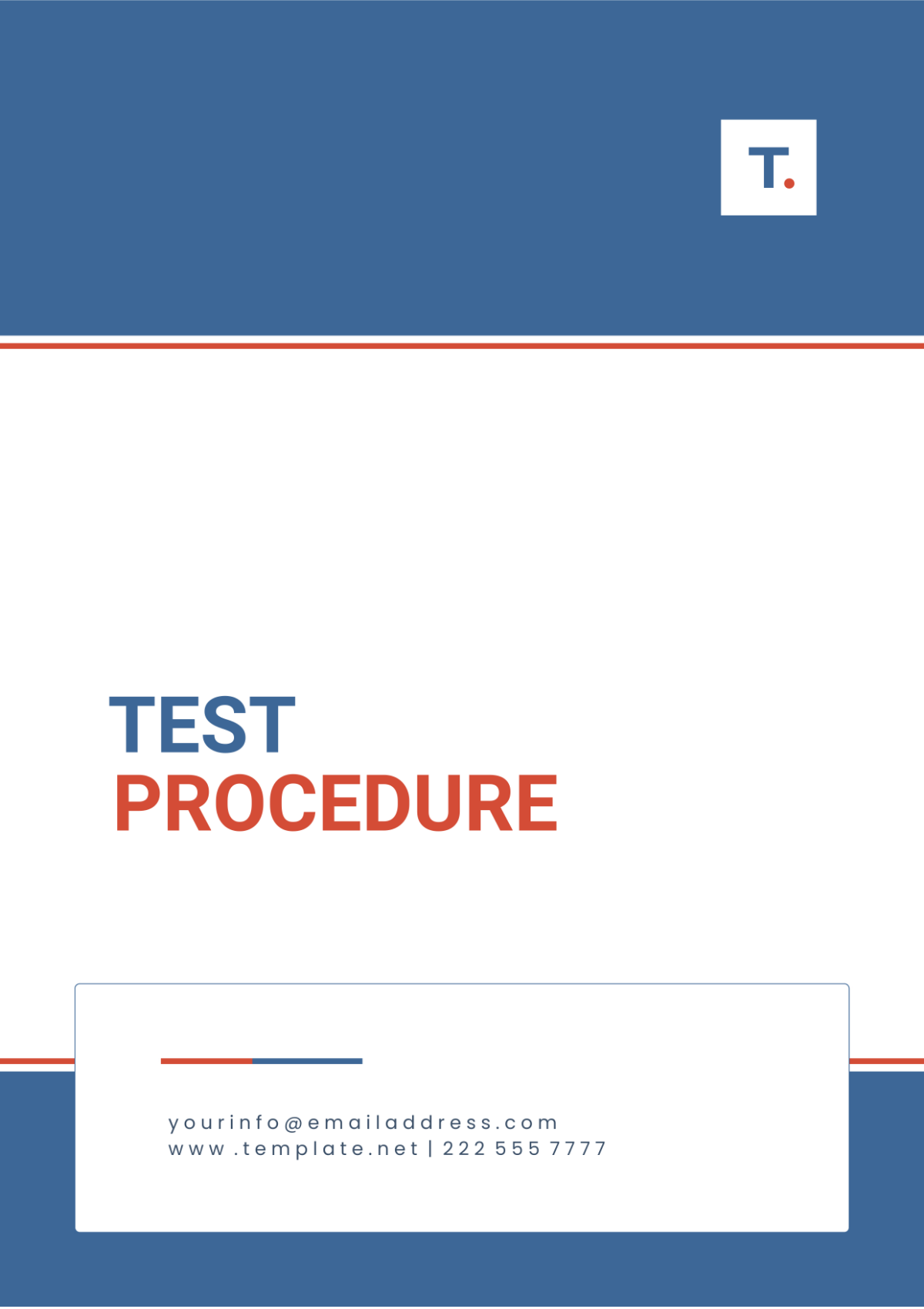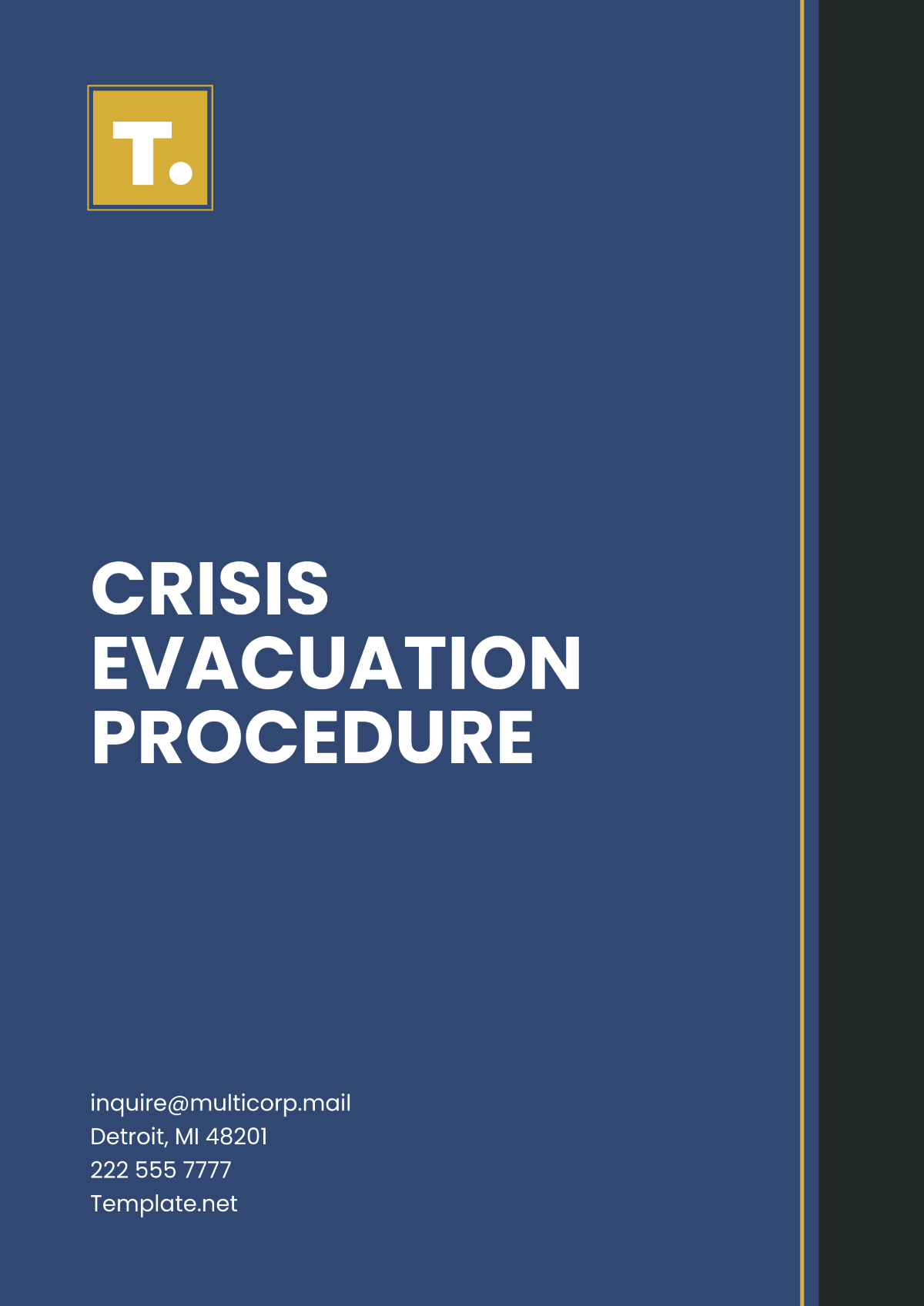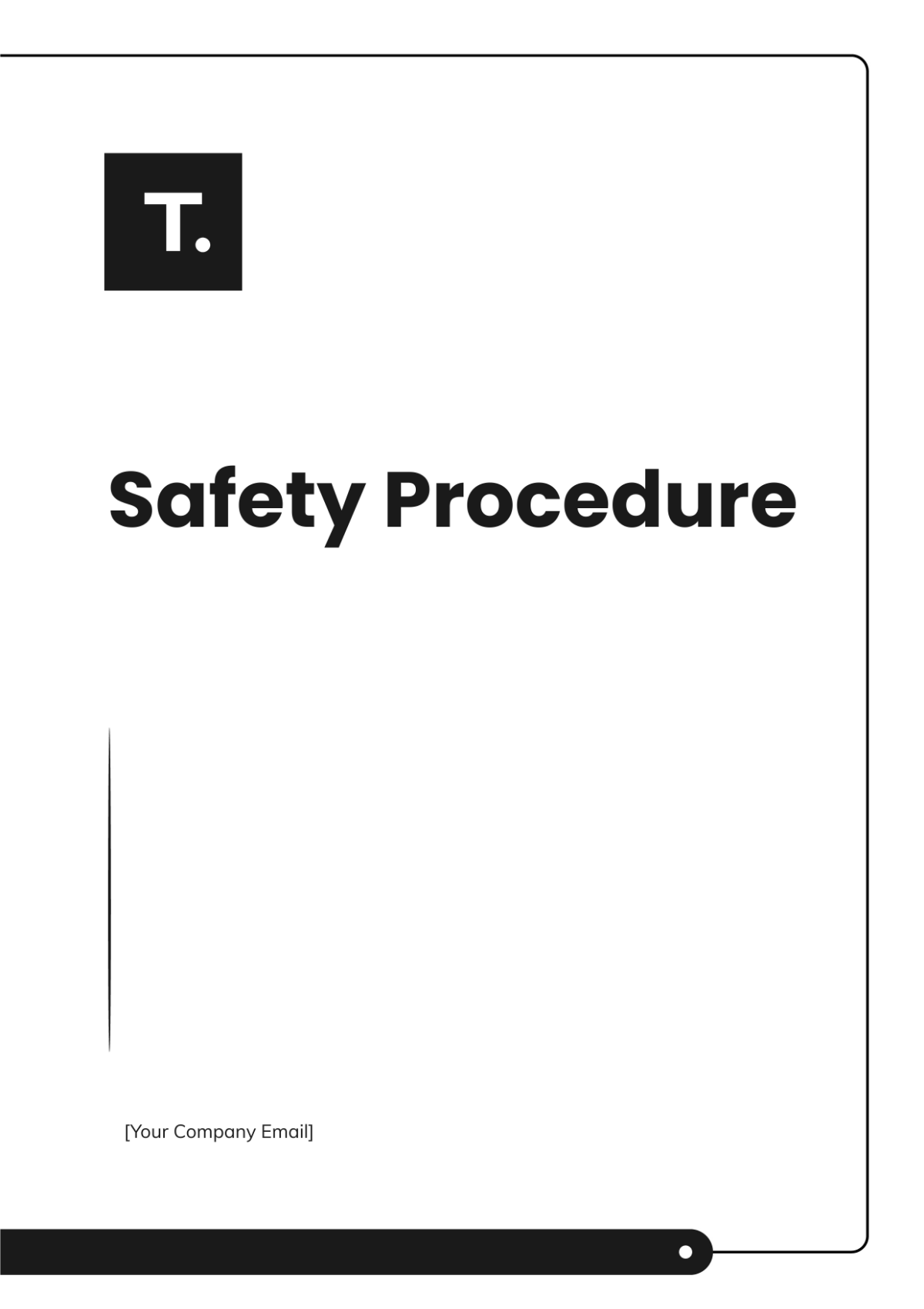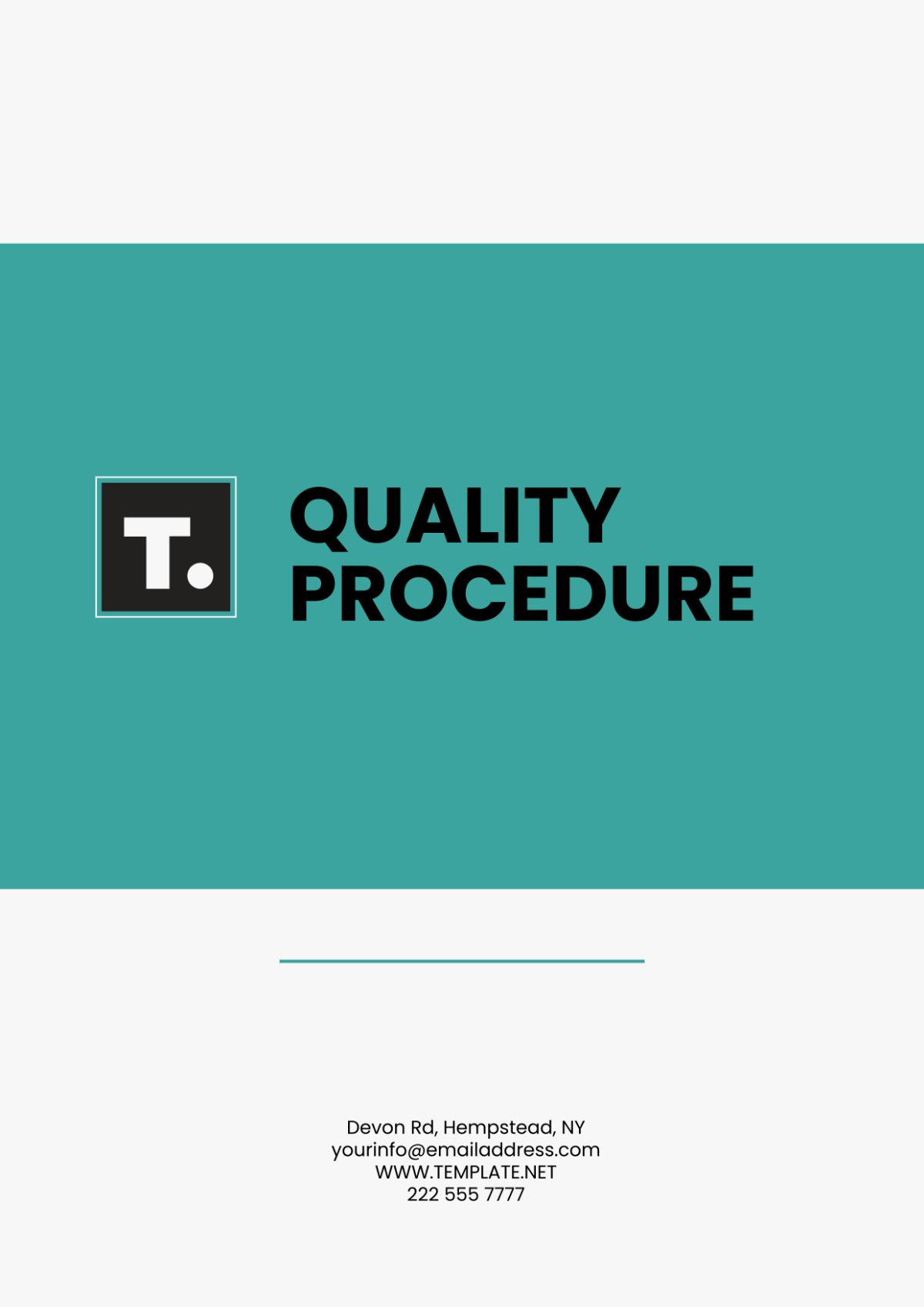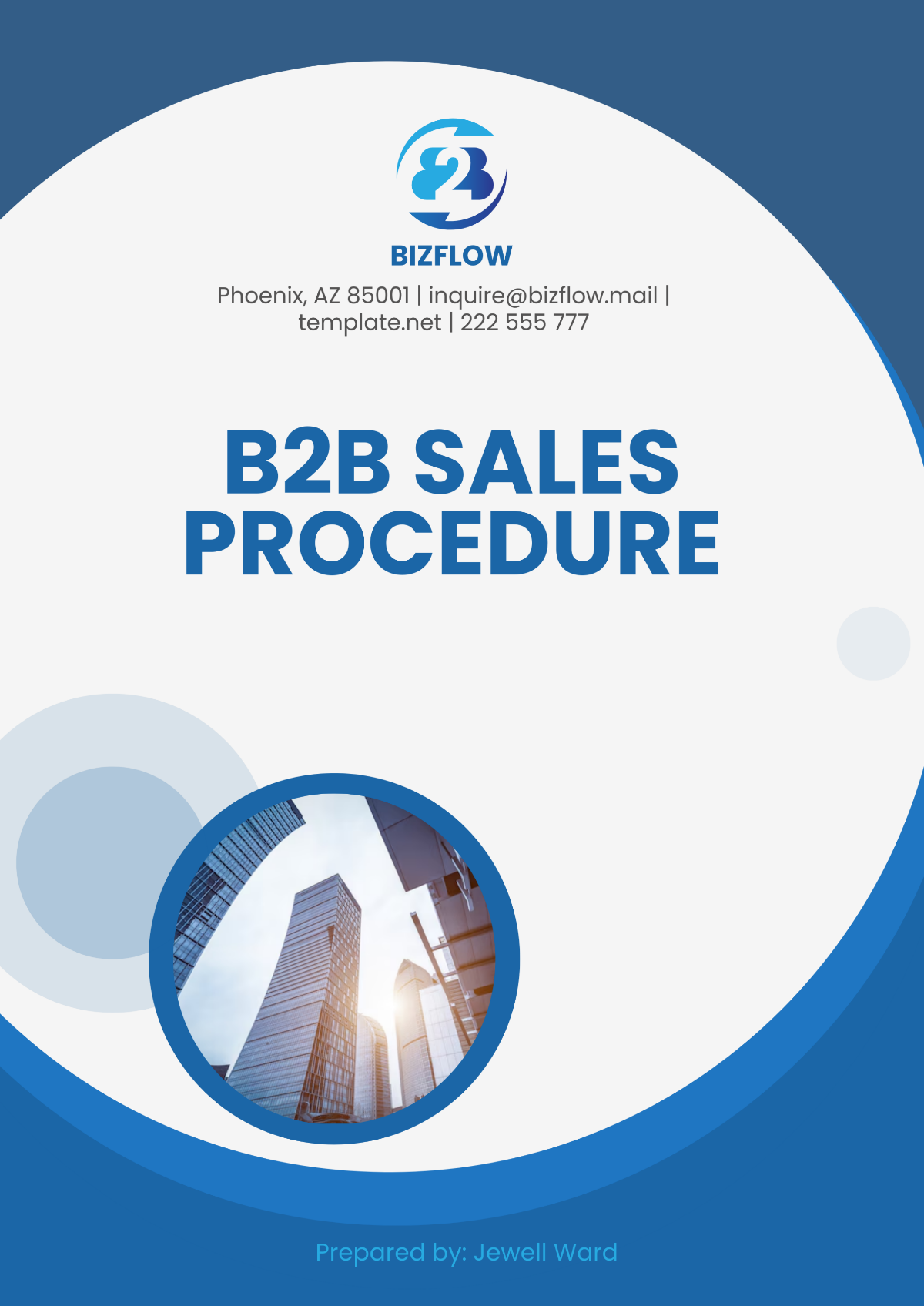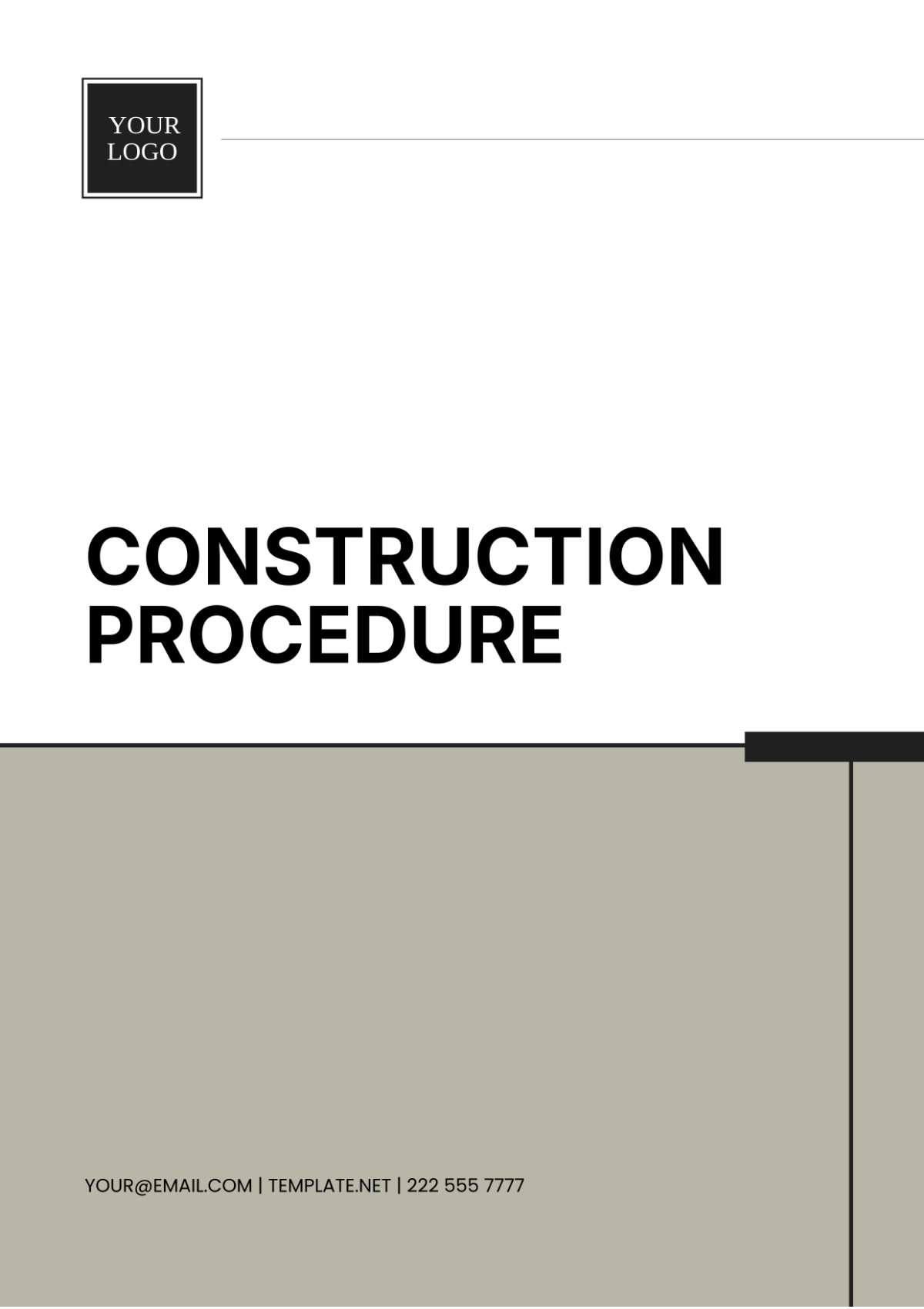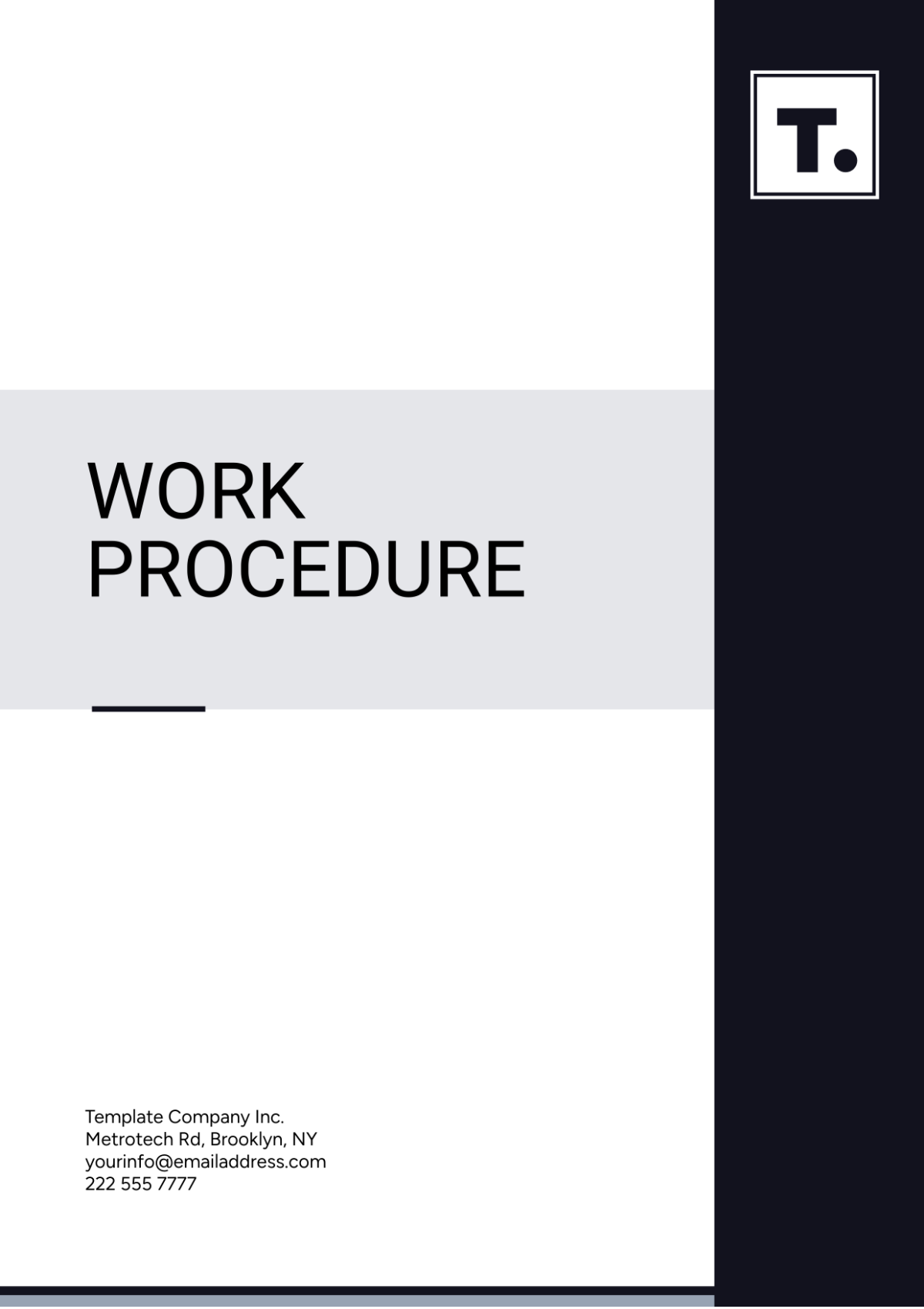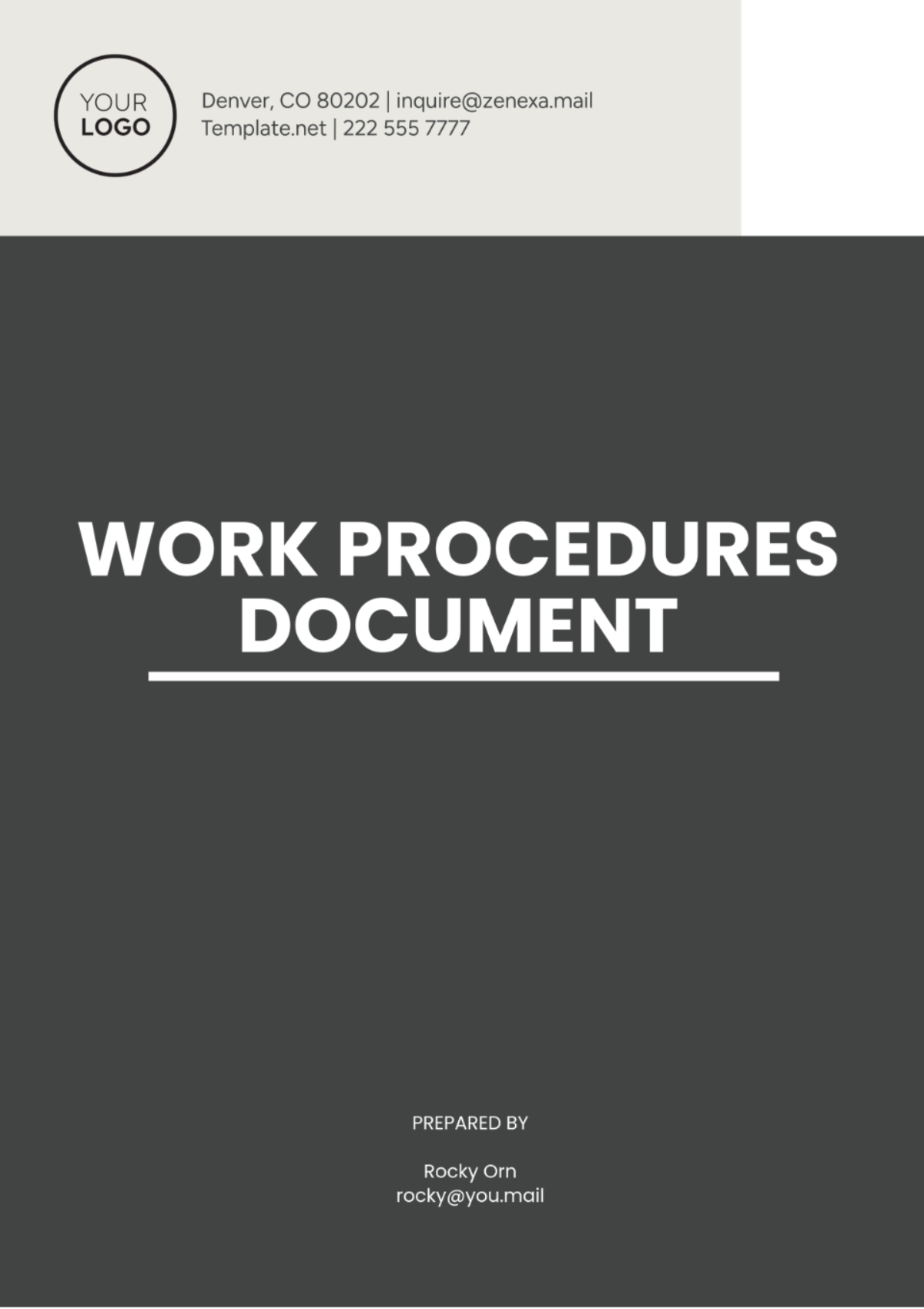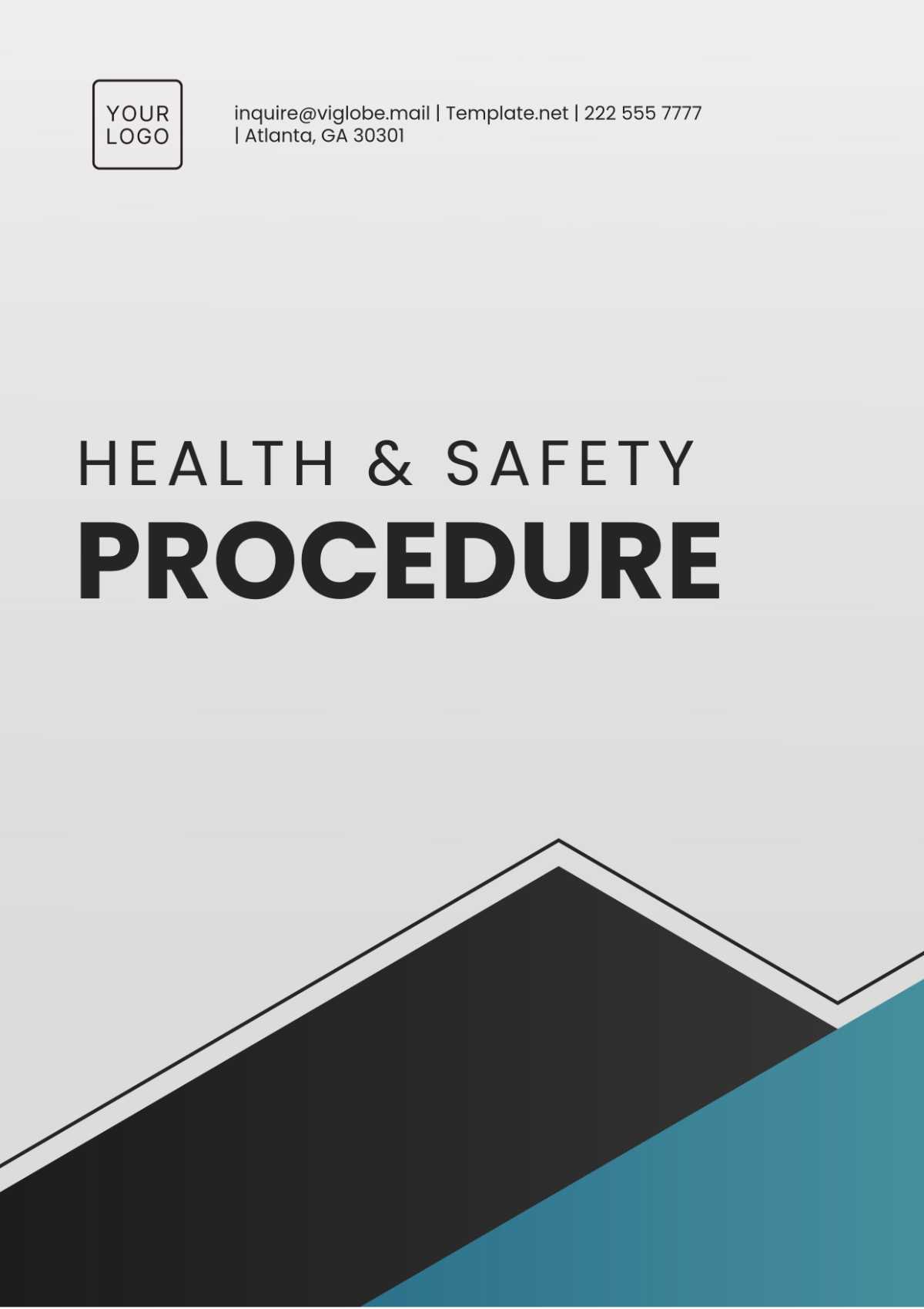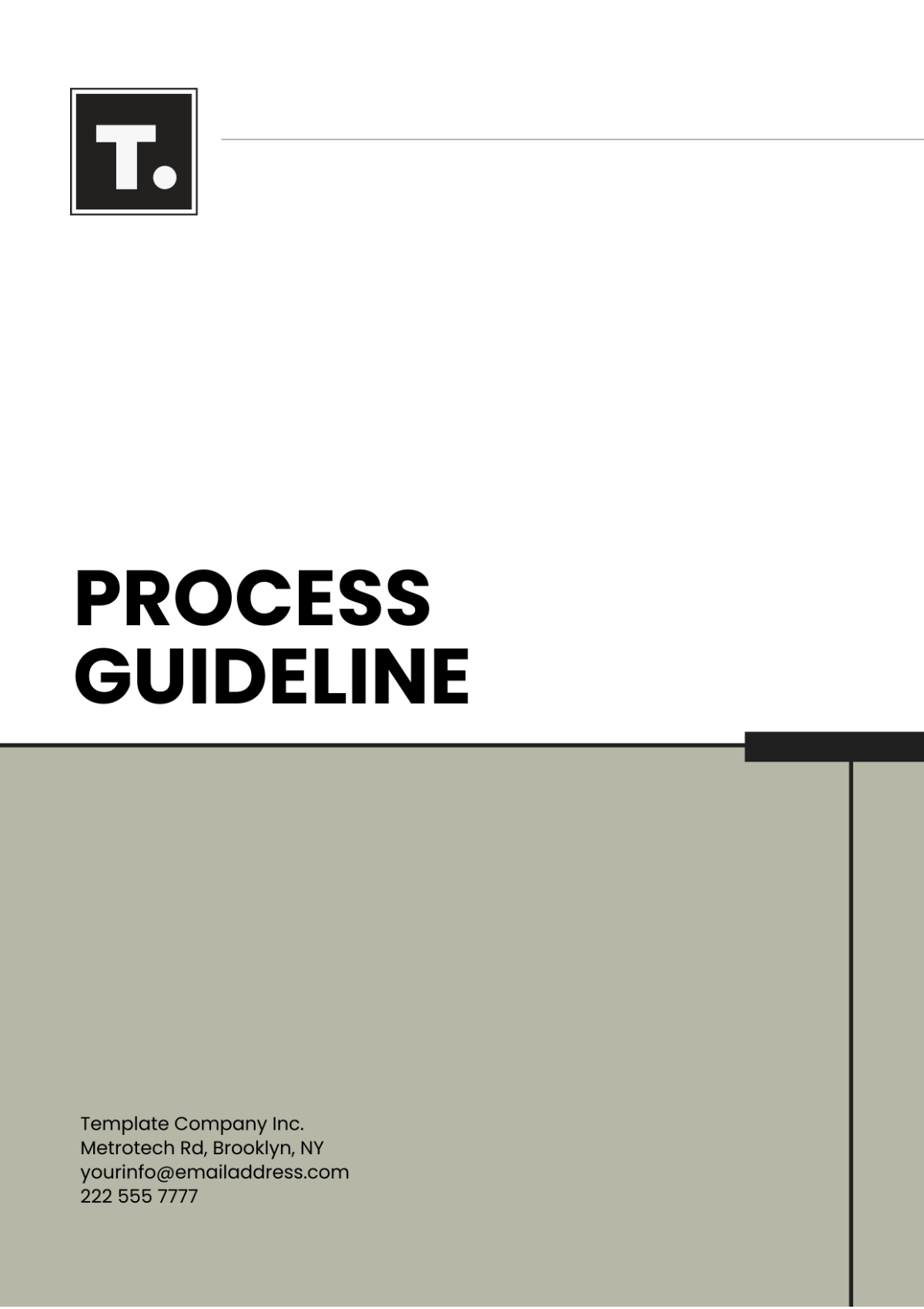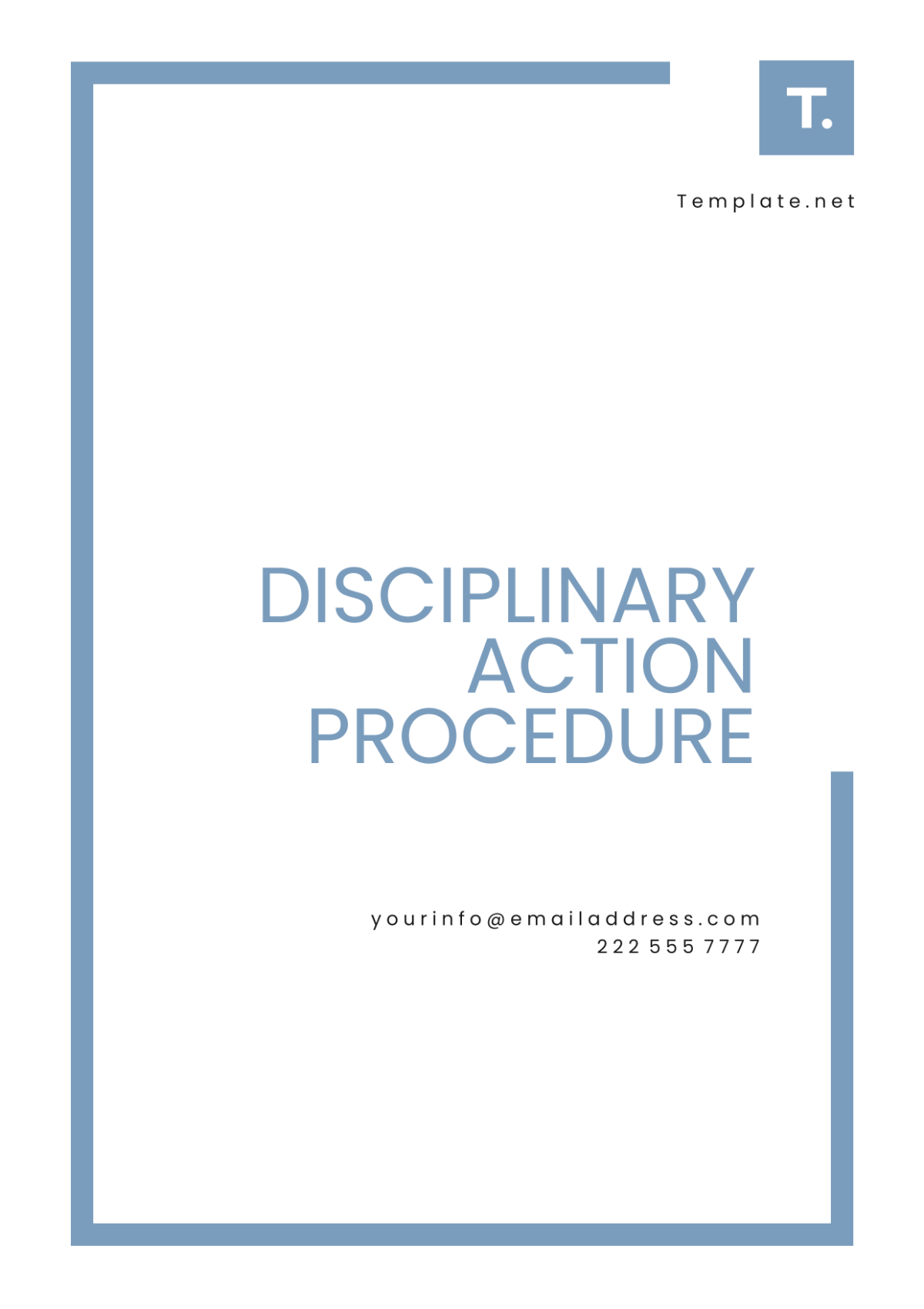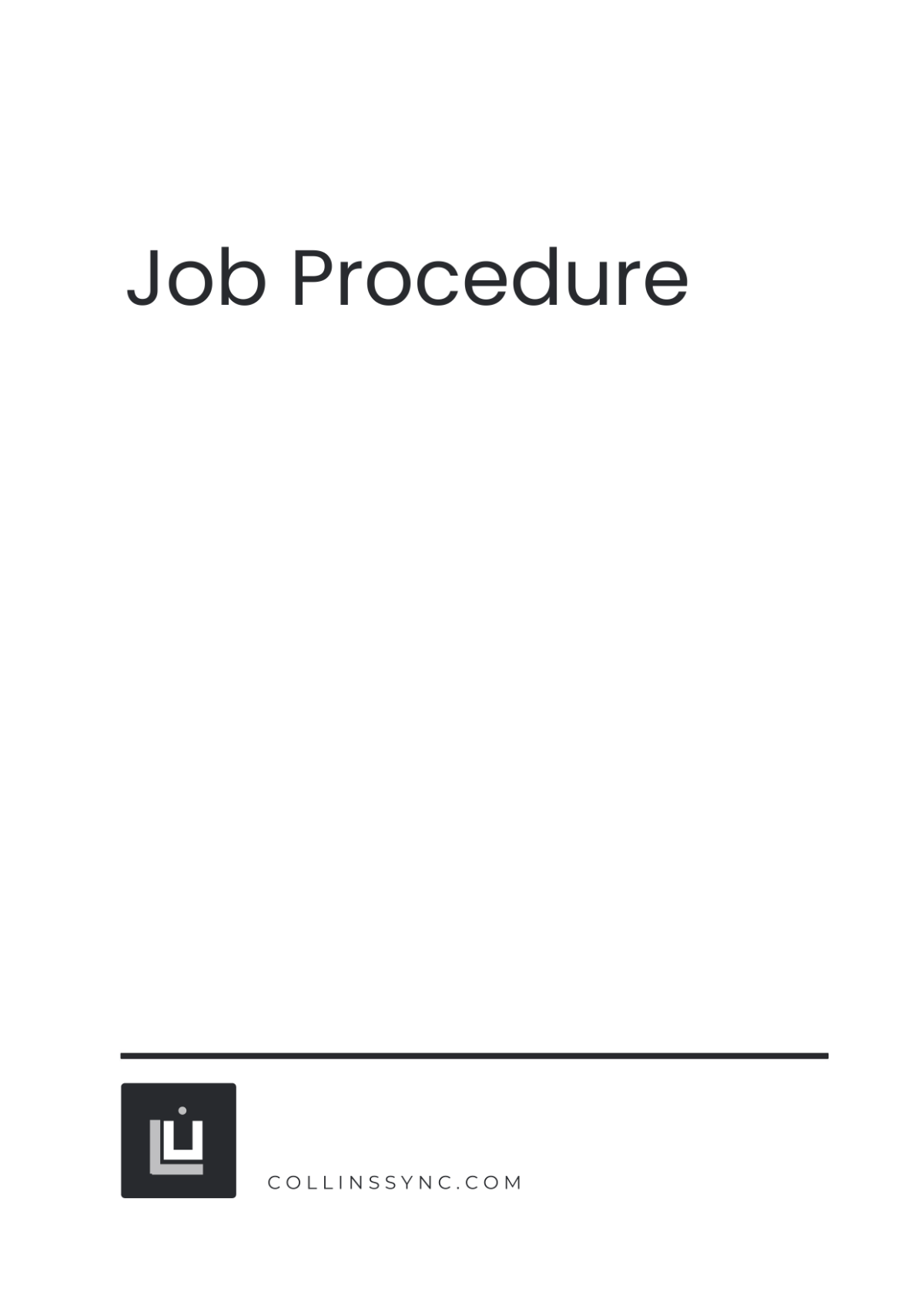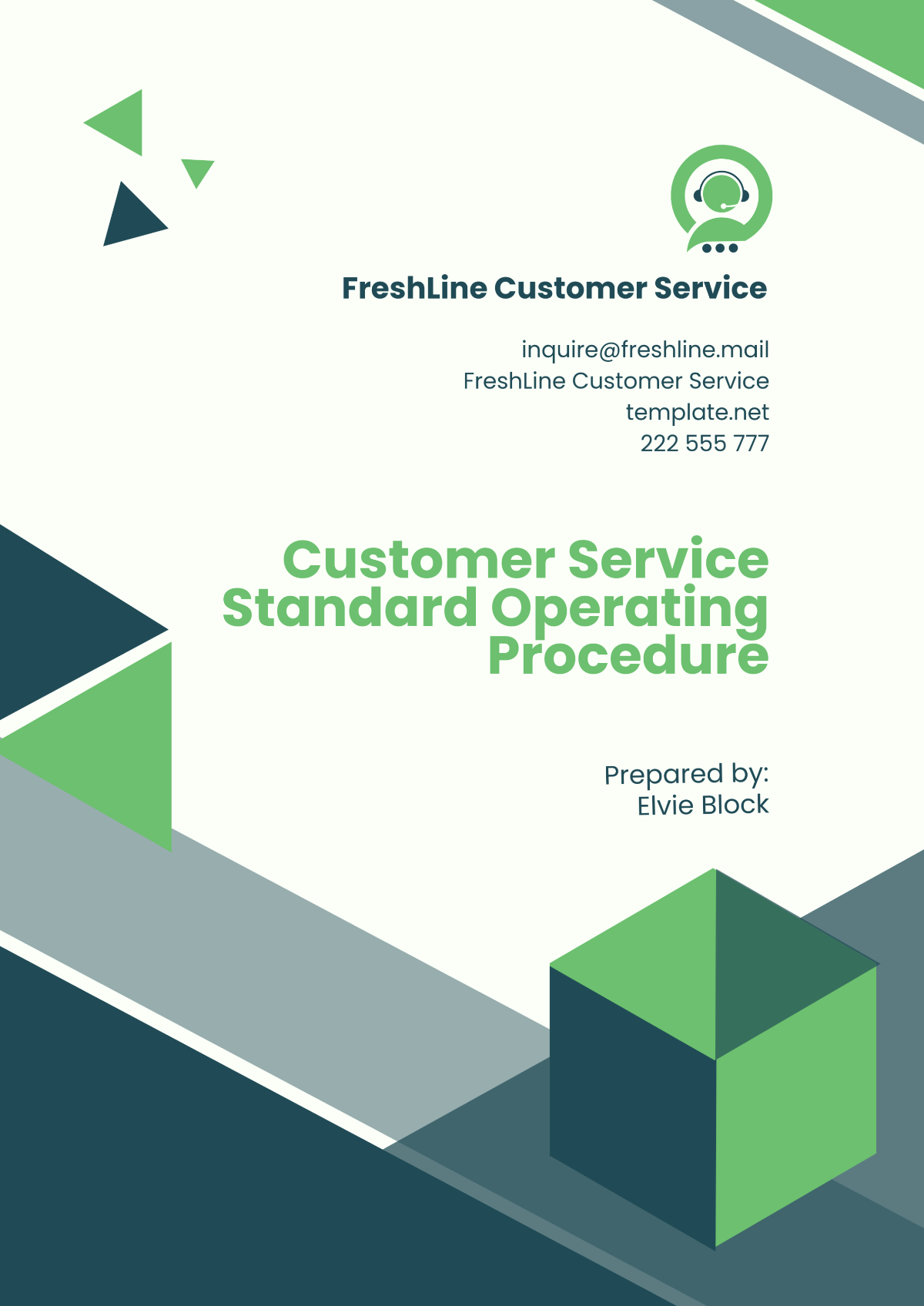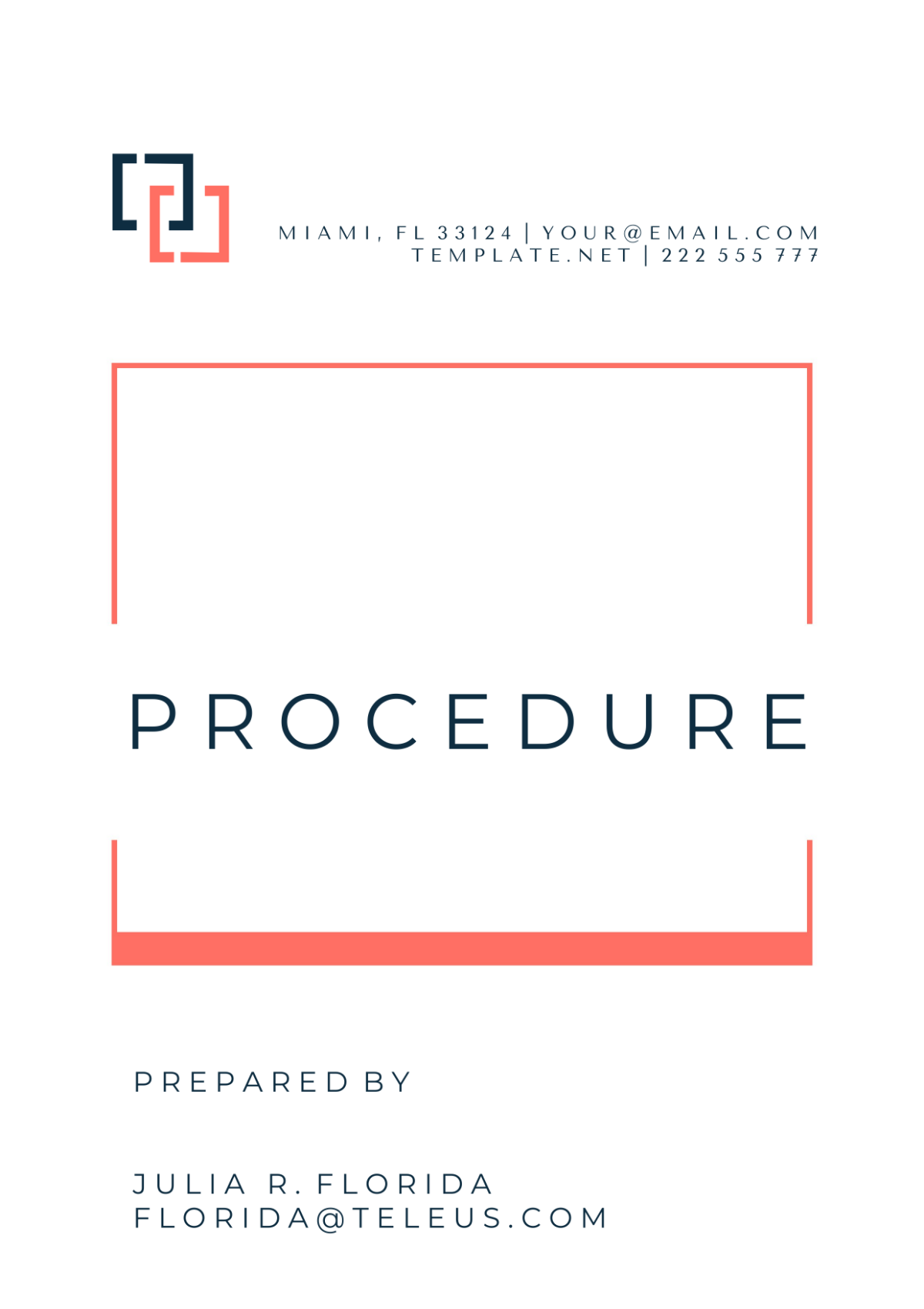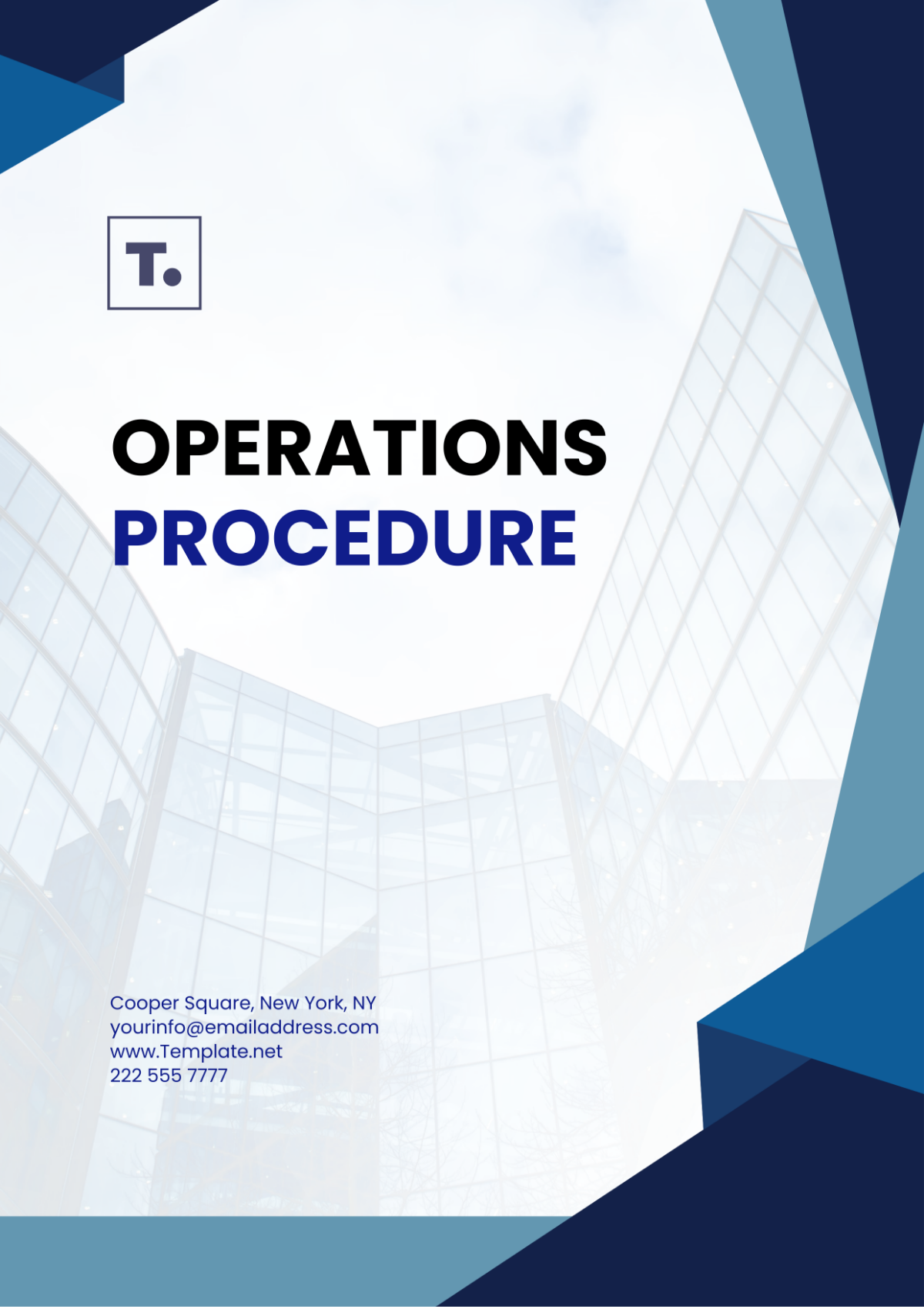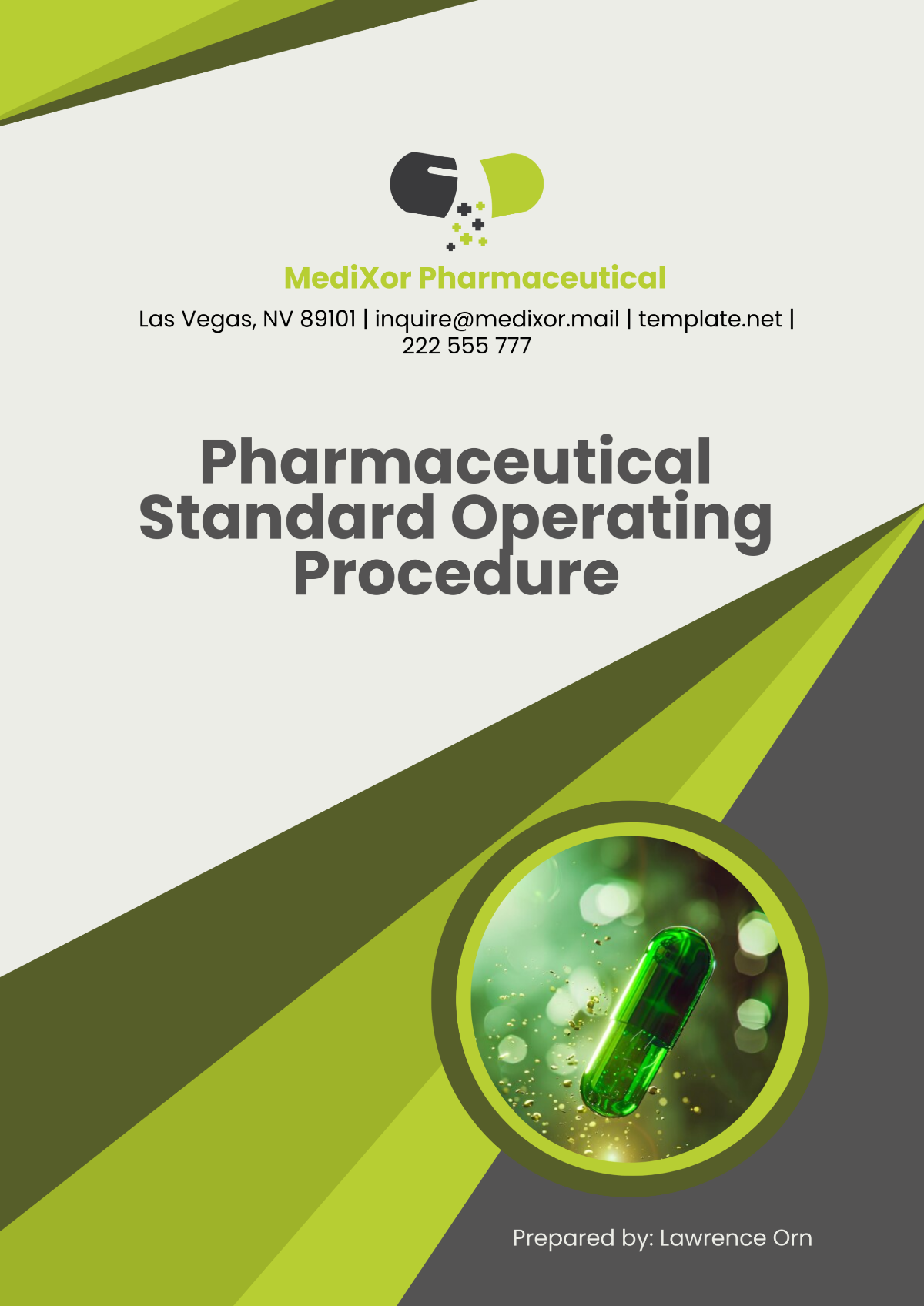I. Introduction
A. Purpose
The purpose of this Hotel Job Procedure Manual is to establish standardized procedures and protocols for all staff members within [Your Company Name]'s hotel operations. By providing clear guidelines, this manual aims to ensure consistency, efficiency, and professionalism in all aspects of hotel management, from recruitment to daily operations, to enhance guest satisfaction and loyalty.
B. Scope
This manual applies to all employees working within the hotel division of [Your Company Name], including but not limited to front desk agents, housekeeping staff, food and beverage servers, maintenance personnel, and managerial staff. It encompasses all stages of employment, including recruitment, onboarding, training, daily operations, emergency procedures, customer service, health and safety, and performance evaluation. The procedures outlined in this manual are designed to be applicable to hotels of varying sizes and types within the [Your Company Name] portfolio, ensuring a consistent standard of excellence across all properties.
II. Hotel Staffing Structure
A. Organizational Chart
The organizational structure of [Your Company Name]'s hotel division is designed to facilitate efficient communication, clear lines of authority, and effective delegation of responsibilities. The following organizational chart illustrates the hierarchical structure of staffing within the hotel division:
Position | Responsibilities |
|---|---|
General Manager | Oversees all hotel operations, including strategic planning, budgeting, and guest satisfaction. |
Department Heads | Manage specific departments within the hotel, such as Front Office, Housekeeping, Food and Beverage, and Maintenance. They are responsible for implementing policies, coordinating operations, and ensuring the highest standards of service. |
Front Desk Staff | Handle guest check-in and check-out procedures, manage reservations, provide information about hotel facilities and services, and address guest inquiries and concerns. |
Housekeeping Staff | Responsible for cleaning and maintaining guest rooms, public areas, and back-of-house spaces to ensure a clean, comfortable, and aesthetically pleasing environment for guests. |
Food and Beverage Staff | Serve food and beverages in hotel restaurants, bars, and banquet facilities, take orders, deliver exceptional customer service, and maintain cleanliness and hygiene standards in dining areas. |
Maintenance Personnel | Ensure the proper functioning of hotel facilities, equipment, and systems by performing routine maintenance tasks, repairs, and inspections. They also respond promptly to guest requests for maintenance assistance. |
B. Roles and Responsibilities
General Manager
The General Manager is responsible for overseeing all aspects of hotel operations, including but not limited to strategic planning, budget management, revenue optimization, staff supervision, and guest satisfaction.
They work closely with department heads to develop and implement policies, procedures, and initiatives to enhance the overall guest experience and achieve business objectives.
The General Manager serves as the primary point of contact for corporate stakeholders, owners, and investors, providing regular updates on performance metrics, financial results, and operational challenges.
Department Heads
Department Heads are responsible for managing specific departments within the hotel, such as Front Office, Housekeeping, Food and Beverage, and Maintenance.
They oversee daily operations, including staffing, scheduling, task assignments, and quality control, to ensure the efficient and effective delivery of services.
Department Heads collaborate with other department heads and the General Manager to develop departmental goals, performance targets, and action plans aligned with the overall strategic objectives of the hotel.
Front Desk Staff
Front Desk Staff play a crucial role in creating a positive first impression for guests by providing friendly, efficient, and personalized service during the check-in and check-out process.
They handle guest inquiries, requests, and complaints promptly and professionally, striving to exceed guest expectations and foster loyalty.
Front Desk Staff also manage room reservations, including booking, modifying, and canceling reservations, and ensure accurate billing and payment processing.
Housekeeping Staff
Housekeeping Staff are responsible for maintaining cleanliness, order, and hygiene standards throughout the hotel, with a focus on guest rooms, bathrooms, public areas, and back-of-house spaces.
They follow established cleaning procedures, use appropriate cleaning agents and equipment, and adhere to safety protocols to ensure a safe and sanitary environment for guests and staff.
Housekeeping Staff also perform routine inspections of guest rooms and public areas to identify maintenance issues, report any damages or deficiencies, and ensure timely resolution.
Food and Beverage Staff
Food and Beverage Staff work in various outlets within the hotel, such as restaurants, bars, cafes, and banquet facilities, to deliver exceptional dining experiences to guests.
They take orders accurately and efficiently, serve food and beverages with care and attention to detail, and address guest preferences, allergies, and dietary restrictions.
Food and Beverage Staff maintain cleanliness and hygiene standards in dining areas, including table setup, clearing, and cleaning, and ensure compliance with food safety regulations and standards.
Maintenance Personnel
Maintenance Personnel are responsible for ensuring the proper functioning of all hotel facilities, equipment, and systems, including HVAC, plumbing, electrical, and mechanical systems.
They perform routine maintenance tasks, repairs, and inspections to prevent equipment failures, minimize downtime, and maintain a safe and comfortable environment for guests and staff.
Maintenance Personnel respond promptly to guest requests for maintenance assistance, troubleshoot issues, and coordinate with external vendors or contractors for specialized repairs or installations.
III. Recruitment Process
A. Job Posting
Vacant positions within [Your Company Name]'s hotel division are advertised through various channels to attract qualified candidates. Job postings are typically posted on the company's website, online job boards, social media platforms, and professional networking sites. Additionally, [Your Company Name] may utilize recruitment agencies or partnerships with hospitality schools to source potential candidates. Each job posting includes a detailed job description outlining the responsibilities, qualifications, and requirements for the position. This ensures transparency and helps applicants understand the expectations associated with the role.
B. Application Screening
Upon receiving applications, the Human Resources (HR) department conducts an initial screening to assess candidates' qualifications and suitability for the position. Screening criteria may include educational background, work experience, skills, certifications, and alignment with the company's values and culture. Candidates who meet the minimum qualifications are shortlisted for further consideration, while those who do not meet the criteria are notified accordingly.
C. Interviews
Shortlisted candidates undergo a series of interviews to assess their fit for the position and compatibility with [Your Company Name]'s organizational culture. Interviews may be conducted in-person, via video conferencing, or over the phone, depending on the candidate's location and availability. The interview panel typically consists of HR representatives, department heads, and/or senior management personnel. During the interview process, candidates are evaluated based on their communication skills, problem-solving abilities, customer service orientation, and relevant experience. Behavioral interview questions may be used to assess candidates' past behavior and suitability for the role.
D. Selection
Following the interview process, the interview panel deliberates to select the most qualified candidate for the position. Factors considered during the selection process may include interview performance, qualifications, experience, references, and cultural fit. Once a final decision is made, the selected candidate is extended a job offer by the HR department. The job offer includes details such as the position title, salary, benefits, start date, and any other pertinent information. Upon acceptance of the job offer, the candidate is formally welcomed to the [Your Company Name] team and the onboarding process begins.
IV. Onboarding
A. Orientation
Newly hired employees undergo a comprehensive orientation program to familiarize them with [Your Company Name]'s policies, procedures, values, and organizational structure. Orientation sessions are typically conducted by HR representatives and may include presentations, videos, handouts, and interactive activities. During orientation, employees receive an overview of the company's history, mission, and vision, as well as information about employee benefits, policies, and expectations. They also receive their employee handbook, which serves as a reference guide for company policies and procedures.
B. Training
Following orientation, employees participate in job-specific training to develop the skills and knowledge required to perform their roles effectively. Training programs are tailored to each department and may include a combination of classroom instruction, hands-on practice, shadowing, and online modules. Training topics may cover areas such as customer service, safety and security protocols, technical skills, and job-specific tasks. Training sessions are led by experienced trainers, department heads, or senior employees who provide guidance, feedback, and support to new hires. Additionally, ongoing training opportunities are available to employees to enhance their skills and advance their careers within [Your Company Name].
C. Probation Period
During the probationary period, which typically lasts between 30 to 90 days, new employees are closely monitored and evaluated to assess their performance, behavior, and fit within the organization. Supervisors provide regular feedback and coaching to help employees acclimate to their roles and address any areas of improvement. At the end of the probationary period, a formal performance review is conducted to evaluate the employee's performance against predefined criteria. Based on the performance review, a decision is made regarding the employee's continued employment with [Your Company Name]. If performance expectations are met, the employee transitions to regular employment status and becomes eligible for additional benefits and opportunities within the organization. Conversely, if performance falls below expectations, further action may be taken, including additional training, coaching, or termination of employment, as deemed appropriate.
V. Daily Operations
A. Front Desk
Front Desk operations are crucial for ensuring smooth guest check-in and check-out processes, managing reservations, and providing excellent customer service. Front Desk staff should be well-trained in using the property management system (PMS) to efficiently handle guest information, room assignments, and billing transactions. They greet guests upon arrival, verify reservations, collect necessary information, and issue room keys promptly. During check-out, they process payments, address any outstanding issues, and bid farewell to departing guests courteously. Additionally, Front Desk staff handle guest inquiries, requests, and complaints with professionalism and empathy, striving to resolve issues to the guest's satisfaction.
Task | Description |
|---|---|
Guest Check-in | Greet guests, verify reservations, collect necessary information, assign rooms, and issue keys. |
Guest Check-out | Process payments, address any outstanding charges, and bid farewell to departing guests. |
Reservations Management | Manage room reservations, modifications, cancellations, and room assignments in the PMS. |
Customer Service | Address guest inquiries, requests, and complaints promptly and courteously. |
Problem Resolution | Resolve guest issues and complaints efficiently, escalating to management as necessary. |
B. Housekeeping
Housekeeping operations are essential for maintaining cleanliness, order, and hygiene throughout the hotel premises. Housekeeping staff should follow a systematic approach to cleaning and inspecting guest rooms, public areas, and back-of-house spaces to ensure a comfortable and sanitary environment for guests and staff. They use appropriate cleaning agents, equipment, and techniques to clean and sanitize surfaces, floors, furniture, and fixtures effectively. Attention to detail is critical to ensure all areas are thoroughly cleaned and maintained to the highest standards. Additionally, Housekeeping staff should promptly report any maintenance issues or damages discovered during their cleaning rounds for timely resolution.
Task | Description |
|---|---|
Room Cleaning | Clean and sanitize guest rooms, including making beds, replenishing amenities, and tidying up surfaces. |
Public Area Maintenance | Clean and maintain public areas such as lobbies, corridors, elevators, restrooms, and fitness facilities. |
Back-of-House Cleaning | Ensure cleanliness and organization in back-of-house areas such as storage rooms, laundry facilities, and employee areas. |
Inspections | Perform routine inspections of guest rooms and public areas to ensure cleanliness and compliance with standards. |
Maintenance Reporting | Report any maintenance issues, damages, or deficiencies discovered during cleaning rounds for prompt resolution. |
VI. Emergency Procedures
A. Fire Safety
Fire safety is paramount in hotel operations to ensure the safety and well-being of guests and staff. Employees should be trained in fire prevention measures, evacuation procedures, and the proper use of firefighting equipment. Regular fire drills should be conducted to familiarize employees with evacuation routes and assembly points. In the event of a fire, employees should remain calm, activate the fire alarm system, assist guests in evacuating the premises using the nearest exit, and report the fire to emergency services. Designated staff members should be trained in using fire extinguishers to contain small fires until professional firefighters arrive.
Procedure | Description |
|---|---|
Fire Prevention | Follow fire prevention measures such as proper storage of flammable materials and regular inspection of electrical systems. |
Evacuation | In the event of a fire alarm, evacuate guests and staff using designated evacuation routes to assembly points. |
Fire Alarm Activation | Activate the fire alarm system immediately upon discovering a fire or hearing the alarm. |
Firefighting Equipment | Use fire extinguishers to contain small fires if safe to do so, following the PASS (Pull, Aim, Squeeze, Sweep) technique. |
Emergency Communication | Notify emergency services (fire department) and hotel management of the fire incident as soon as possible. |
B. Medical Emergencies
Hotel staff should be trained in first aid and CPR to provide immediate assistance in medical emergencies until professional medical help arrives. First aid kits should be readily available throughout the hotel, and designated staff members should be responsible for maintaining and restocking them regularly. In the event of a medical emergency, employees should remain calm, assess the situation, and provide appropriate first aid interventions based on their training. They should also notify emergency services and hotel management to ensure prompt medical attention for the affected individual.
Procedure | Description |
|---|---|
First Aid Assessment | Assess the nature and severity of the medical emergency, ensuring the safety of the affected individual and others. |
CPR and First Aid | Administer CPR and first aid interventions as necessary, following established protocols and guidelines. |
Emergency Medical Services (EMS) Notification | Call emergency services (911 or local equivalent) to request medical assistance and provide relevant information. |
Guest Accompaniment | Accompany the affected individual to the hospital if necessary, providing support and assistance as needed. |
Incident Documentation | Document the details of the medical emergency, including actions taken and any witnesses, for record-keeping purposes. |
C. Security
Hotel security is essential for ensuring the safety and security of guests, employees, and property assets. Security measures should include access control, surveillance systems, security patrols, and emergency response protocols. Employees should be trained in identifying and responding to security threats, including theft, vandalism, disturbances, and suspicious behavior. In the event of a security incident, employees should notify security personnel and hotel management immediately and cooperate with authorities as needed to resolve the situation.
Procedure | Description |
|---|---|
Access Control | Monitor and control access to the hotel premises, guest rooms, and restricted areas using keycards and security personnel. |
Surveillance Monitoring | Monitor surveillance cameras and security systems to detect and deter unauthorized activity and security breaches. |
Security Patrols | Conduct regular security patrols of the hotel premises, including parking areas, to detect and prevent security threats. |
Emergency Response | Respond promptly to security incidents such as theft, vandalism, disturbances, and unauthorized access, following established protocols. |
Cooperation with Authorities | Cooperate with law enforcement agencies and local authorities as needed to address security incidents and maintain public safety. |
VII. Customer Service
A. Guest Satisfaction
Ensuring guest satisfaction is the cornerstone of [Your Company Name]'s hospitality philosophy. Every interaction with a guest presents an opportunity to exceed expectations and create memorable experiences. Frontline staff should be empowered to anticipate guest needs, demonstrate empathy, and go above and beyond to ensure guest comfort and satisfaction. This commitment to exceptional service fosters guest loyalty, positive reviews, and repeat business.
Strategy | Description |
|---|---|
Personalized Service | Tailor service experiences to meet the unique preferences and needs of individual guests. |
Anticipatory Hospitality | Proactively identify opportunities to enhance the guest experience and exceed expectations. |
Empowerment | Empower frontline staff to make decisions and take initiative to resolve guest issues promptly. |
Follow-Up | Follow up with guests after their stay to gather feedback, address concerns, and express gratitude. |
Recognition and Rewards | Recognize and reward employees for outstanding service and contributions to guest satisfaction. |
B. Handling Complaints
Handling guest complaints effectively is essential for preserving guest satisfaction and loyalty. When a guest expresses dissatisfaction or raises an issue, employees should listen attentively, empathize with their concerns, and take prompt action to resolve the problem to the guest's satisfaction. By demonstrating empathy, accountability, and a commitment to service recovery, employees can turn a negative experience into a positive one and leave guests feeling valued and appreciated.
Procedure | Description |
|---|---|
Active Listening | Listen attentively to the guest's concerns, allowing them to express themselves fully. |
Empathetic Response | Demonstrate empathy and understanding of the guest's perspective and emotions. |
Resolution | Take immediate action to address the guest's concerns and resolve the issue to their satisfaction. |
Follow-Up | Follow up with the guest to ensure their satisfaction with the resolution and express gratitude for their feedback. |
Service Recovery | Offer appropriate compensation or gestures of goodwill to apologize for any inconvenience and restore guest confidence. |
VIII. Health and Safety
A. Sanitation
Maintaining high standards of cleanliness and sanitation is imperative for ensuring the health and well-being of guests and employees. [Your Company Name] adheres to rigorous sanitation protocols established by local health authorities and industry standards. Housekeeping staff are trained in proper cleaning techniques, use of disinfectants, and frequency of cleaning to prevent the spread of germs and maintain a hygienic environment throughout the hotel.
Procedure | Description |
|---|---|
Cleaning Protocols | Follow standardized cleaning protocols for guest rooms, public areas, and back-of-house spaces. |
Disinfection | Use EPA-approved disinfectants to sanitize high-touch surfaces, such as doorknobs, light switches, and remote controls. |
Laundry Procedures | Adhere to proper laundering procedures for linens, towels, and other textiles to ensure cleanliness and sanitation. |
Personal Hygiene | Encourage employees to practice good personal hygiene, including frequent handwashing and proper use of personal protective equipment (PPE). |
Inspection and Monitoring | Conduct regular inspections and audits to ensure compliance with sanitation standards and identify areas for improvement. |
B. Occupational Health
Ensuring the health and safety of employees is a top priority for [Your Company Name]. Occupational health programs are in place to promote employee well-being, prevent workplace injuries and illnesses, and comply with regulatory requirements. Training sessions cover topics such as ergonomics, safe lifting techniques, chemical safety, and emergency response procedures to equip employees with the knowledge and skills to perform their jobs safely.
Program | Description |
|---|---|
Safety Training | Provide comprehensive safety training to employees, including new hires and ongoing refresher courses. |
Hazard Identification | Identify and assess workplace hazards through regular inspections, risk assessments, and employee feedback. |
Injury Prevention | Implement measures to prevent workplace injuries, such as ergonomic workstation setups and safe work practices. |
Emergency Preparedness | Train employees in emergency response procedures, including evacuation drills, first aid, and CPR. |
Health Promotion | Offer wellness programs and resources to support employee health and encourage healthy lifestyle choices. |
By prioritizing guest satisfaction and maintaining high standards of health and safety, [Your Company Name] creates an environment where guests feel welcome, valued, and cared for, leading to long-term success and sustainability in the hospitality industry.
IX. Performance Evaluation
A. Metrics
Performance evaluation at [Your Company Name] is based on a variety of metrics that reflect both individual and team contributions to the overall success of the hotel operations. These metrics are carefully selected to align with the company's goals and objectives, emphasizing guest satisfaction, operational efficiency, revenue generation, and employee development. By tracking and analyzing key performance indicators (KPIs), [Your Company Name] identifies areas of strength and opportunities for improvement, enabling informed decision-making and continuous performance enhancement.
Metric | Description |
|---|---|
Guest Satisfaction Scores | Measure guest satisfaction through post-stay surveys, online reviews, and feedback channels. |
Occupancy Rate | Track the percentage of available rooms occupied by guests over a specific period. |
RevPAR (Revenue per Available Room) | Calculate revenue generated per available room to assess overall revenue performance. |
Average Daily Rate (ADR) | Determine the average rate charged per occupied room to evaluate pricing strategy effectiveness. |
Staff Retention Rate | Monitor employee turnover and retention rates to assess workforce stability and satisfaction. |
B. Reviews
Performance reviews are conducted regularly to provide feedback, recognize achievements, and identify opportunities for growth and development. These reviews are typically conducted by managers or supervisors and may include self-assessments, peer evaluations, and feedback from guests. Performance reviews serve as a valuable tool for aligning individual goals with organizational objectives, fostering open communication, and supporting employees in their career progression within [Your Company Name].
Review Process | Description |
|---|---|
Annual Performance Reviews | Conduct comprehensive performance reviews annually to assess overall performance and set goals for the upcoming year. |
Quarterly Check-Ins | Hold quarterly check-ins to provide ongoing feedback, address any issues, and adjust goals as needed. |
360-Degree Feedback | Gather feedback from peers, subordinates, and supervisors to provide a comprehensive assessment of performance. |
Goal Setting and Development Planning | Collaborate with employees to establish SMART (Specific, Measurable, Achievable, Relevant, Time-bound) goals and development plans. |
Performance Improvement Plans (PIPs) | Implement performance improvement plans for employees who require additional support and guidance to meet performance expectations. |
